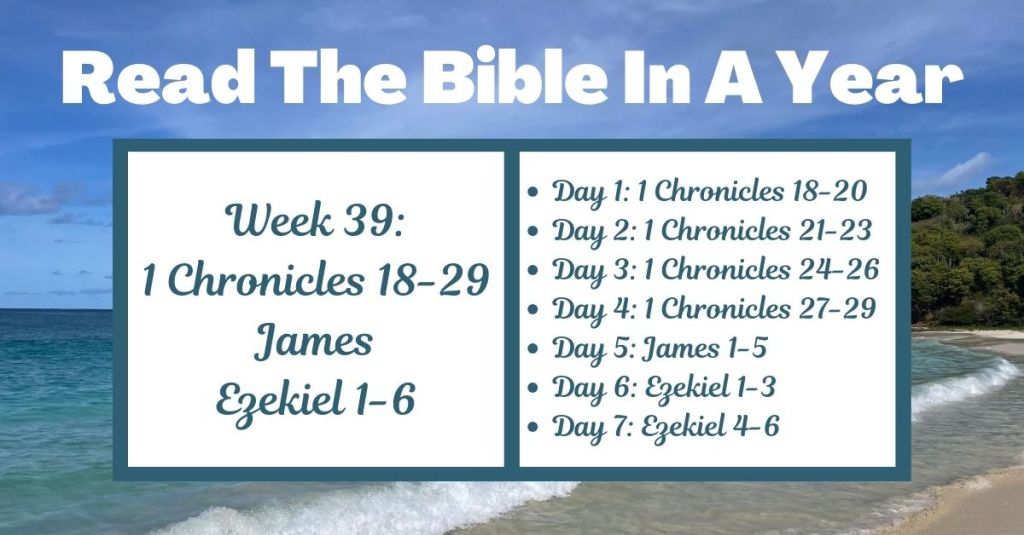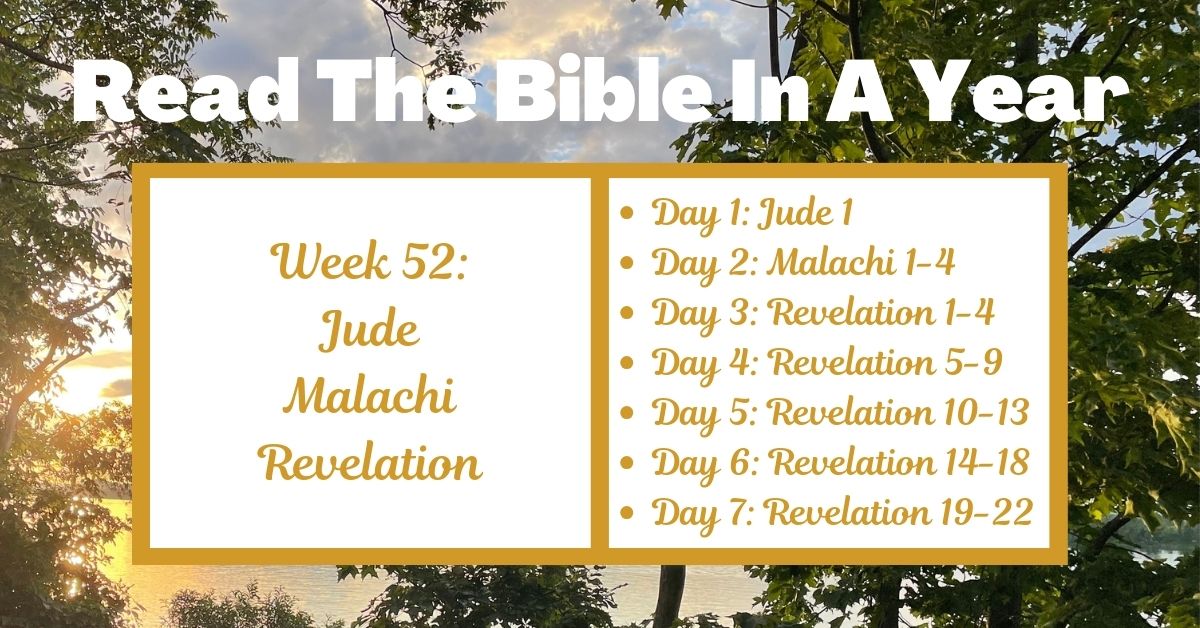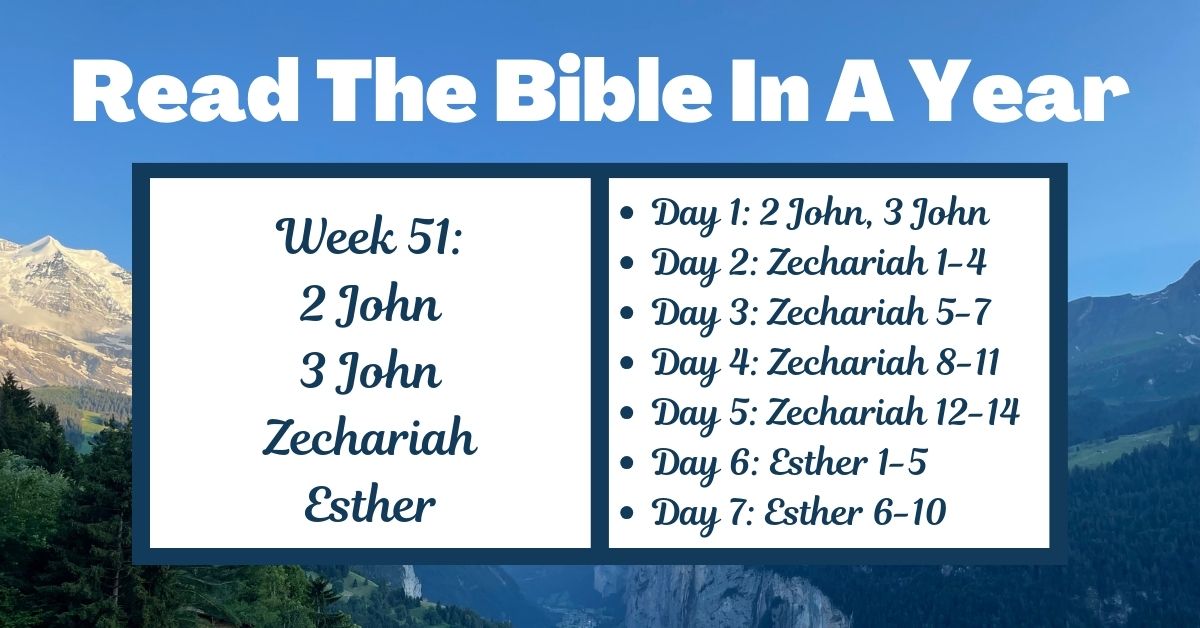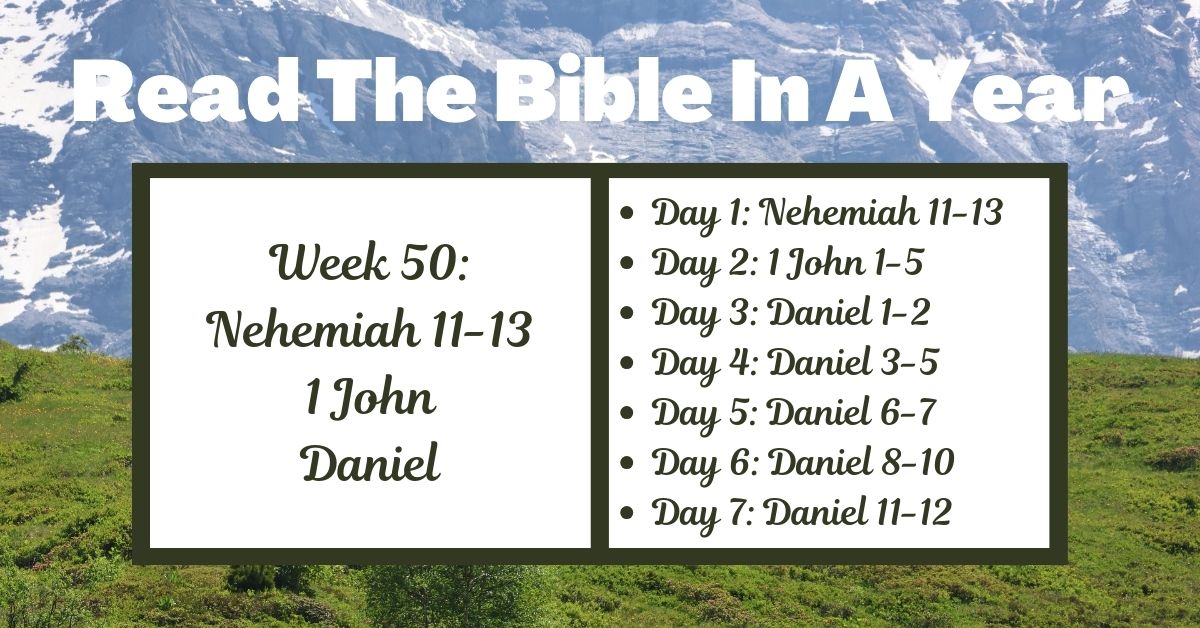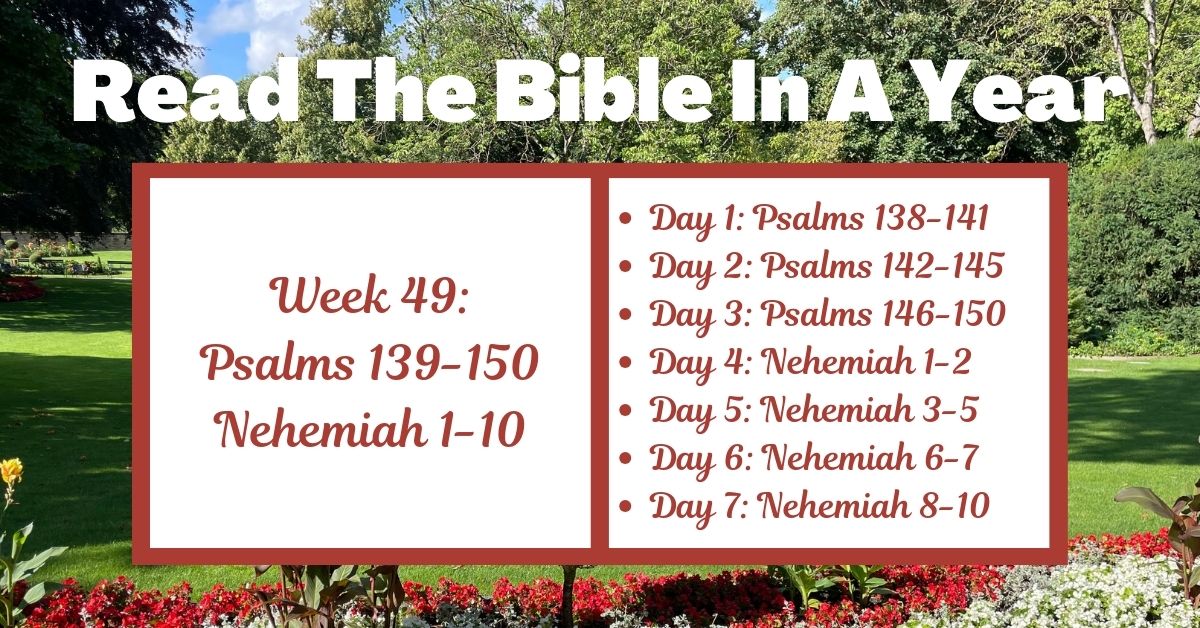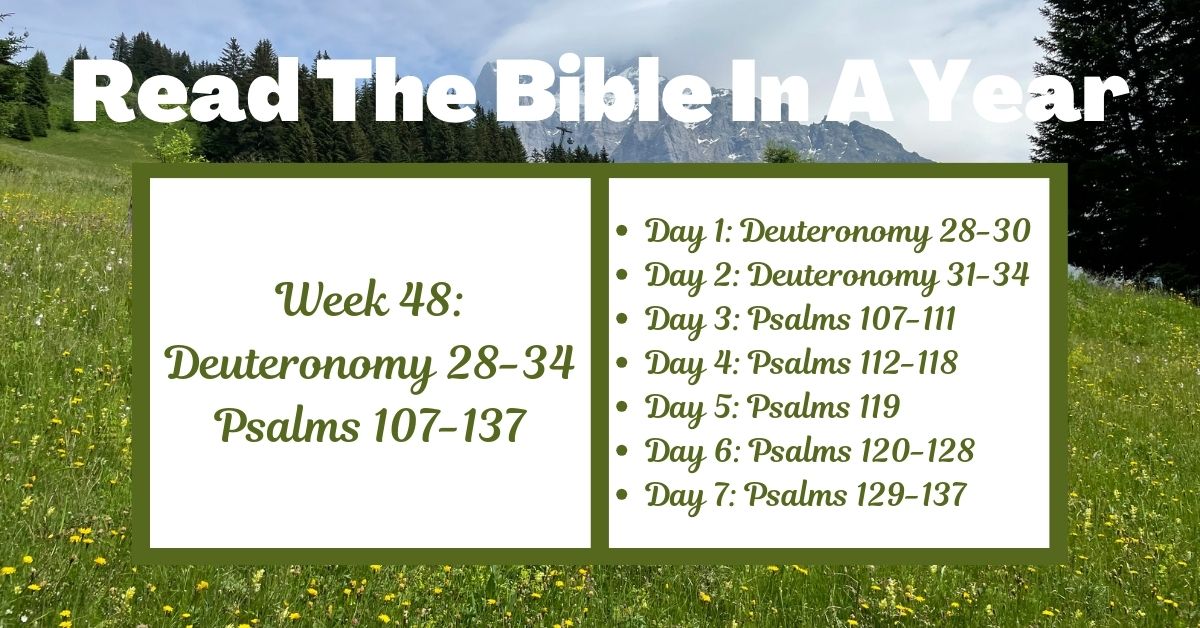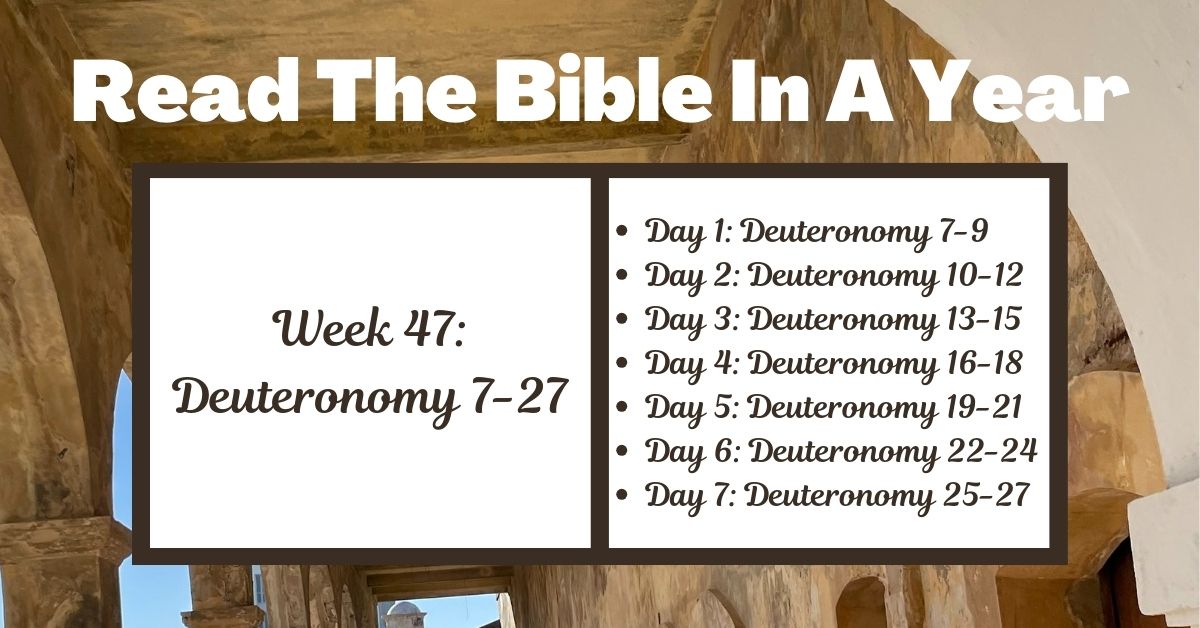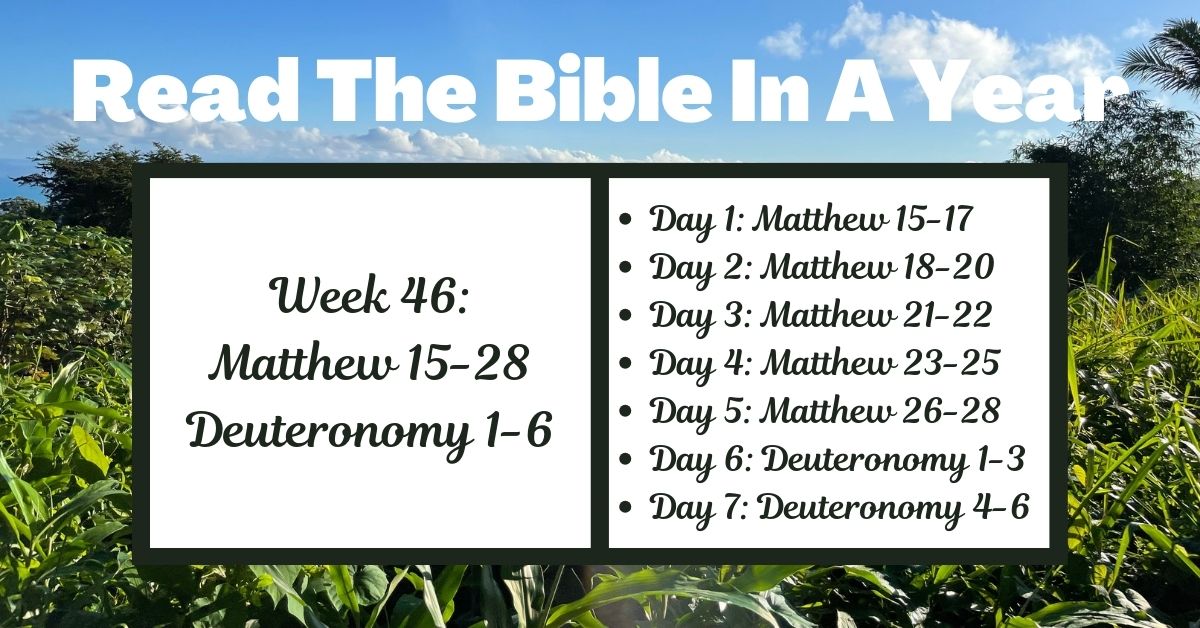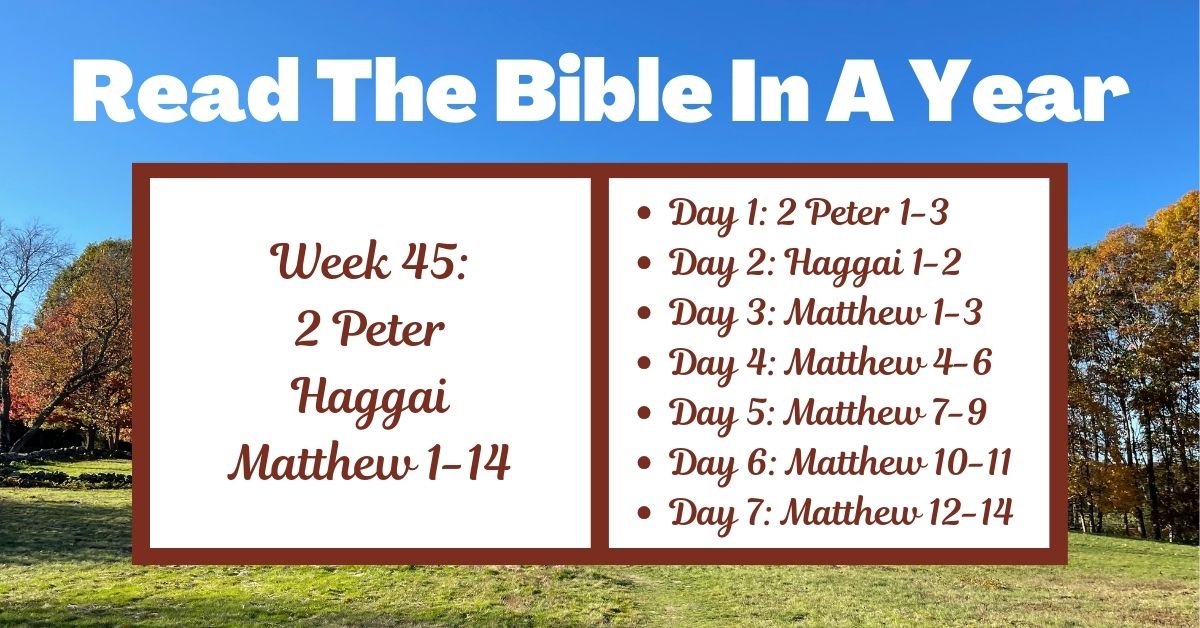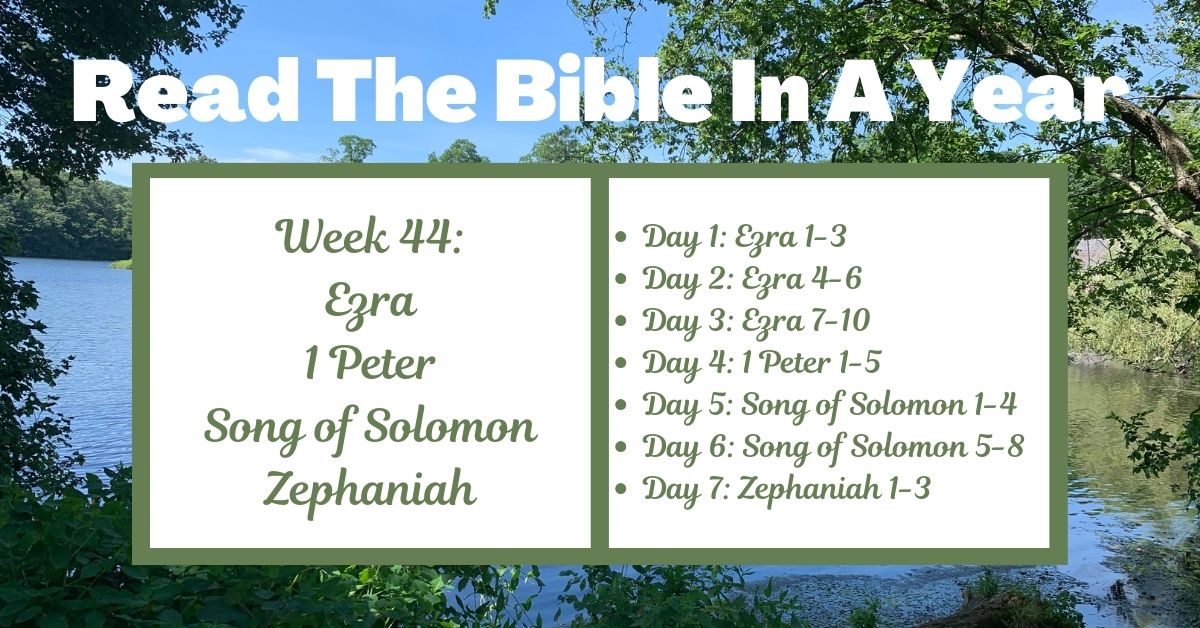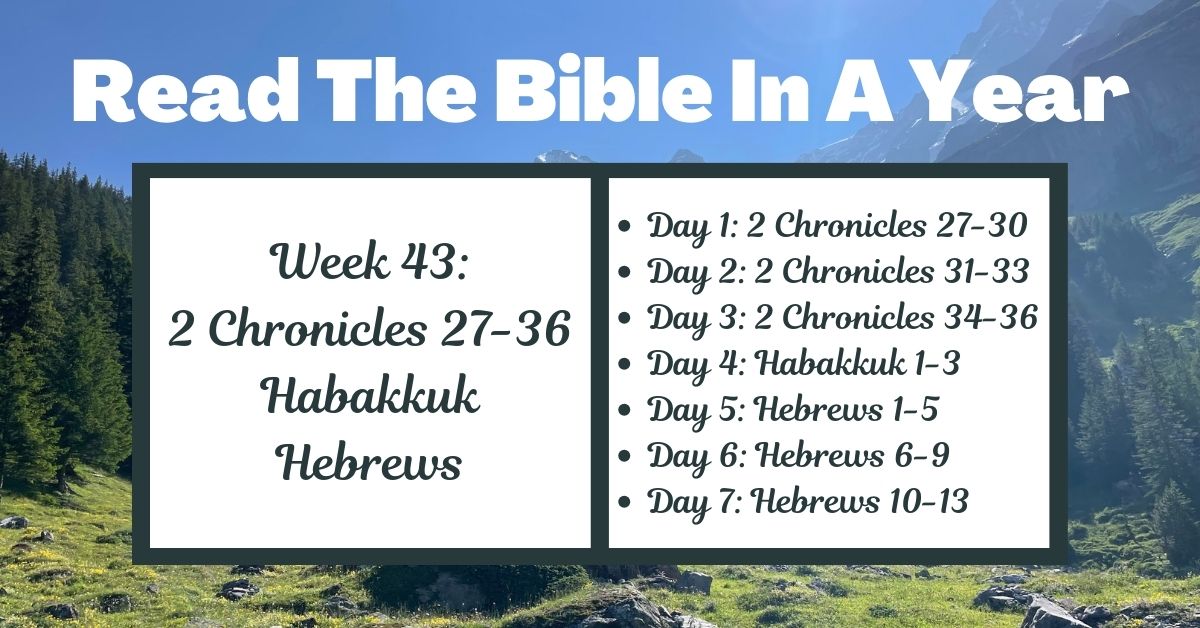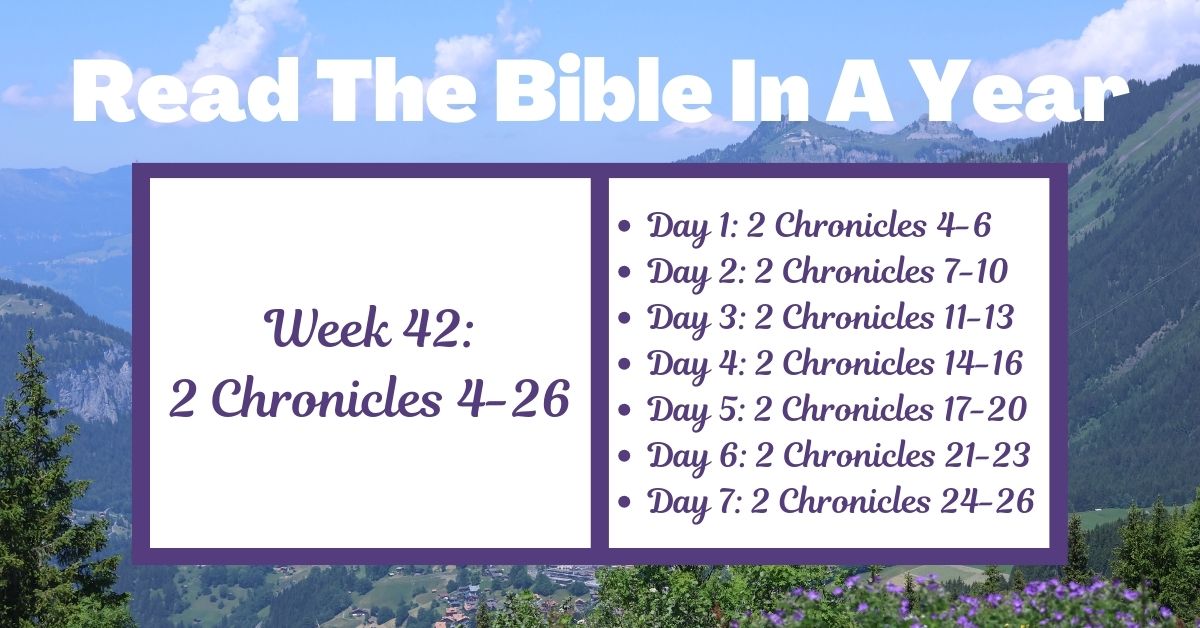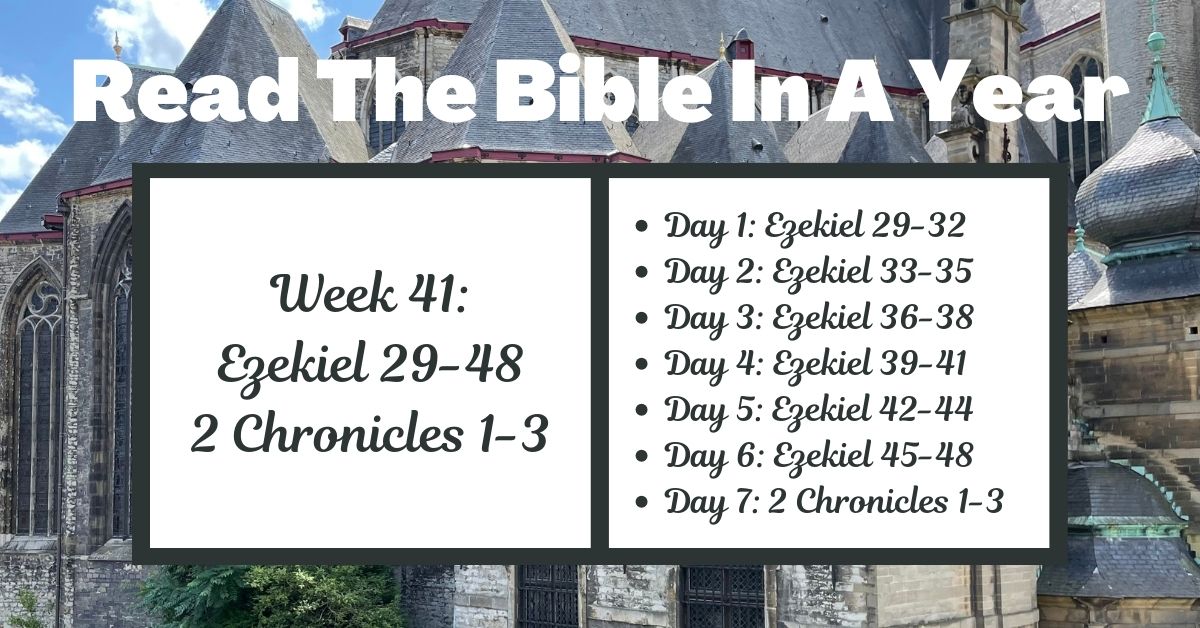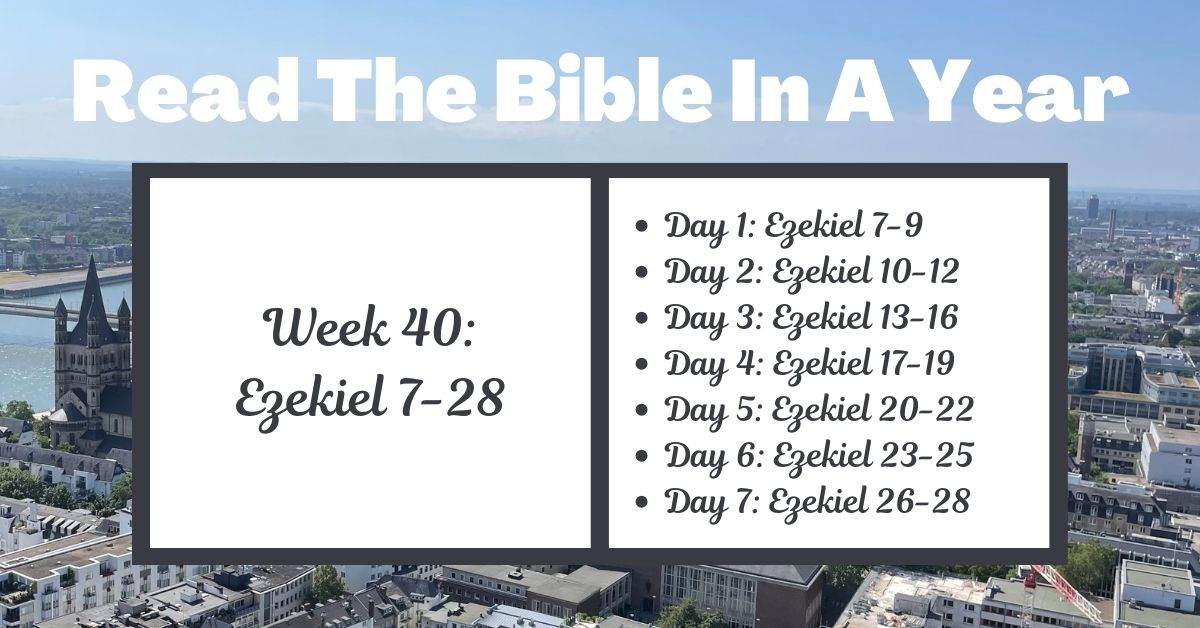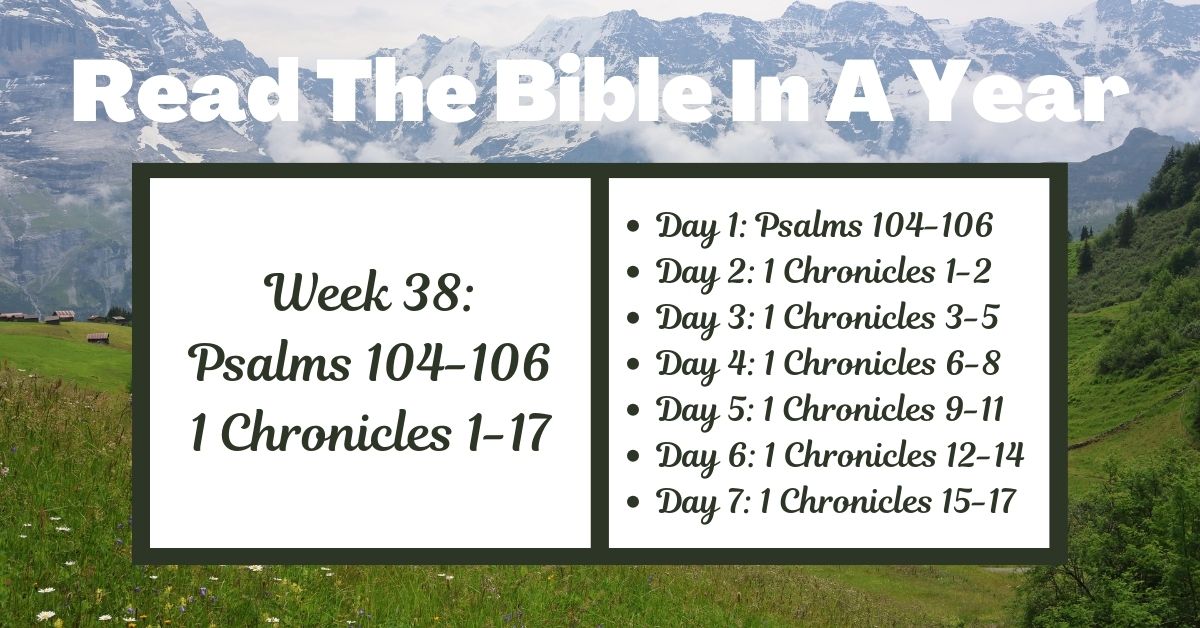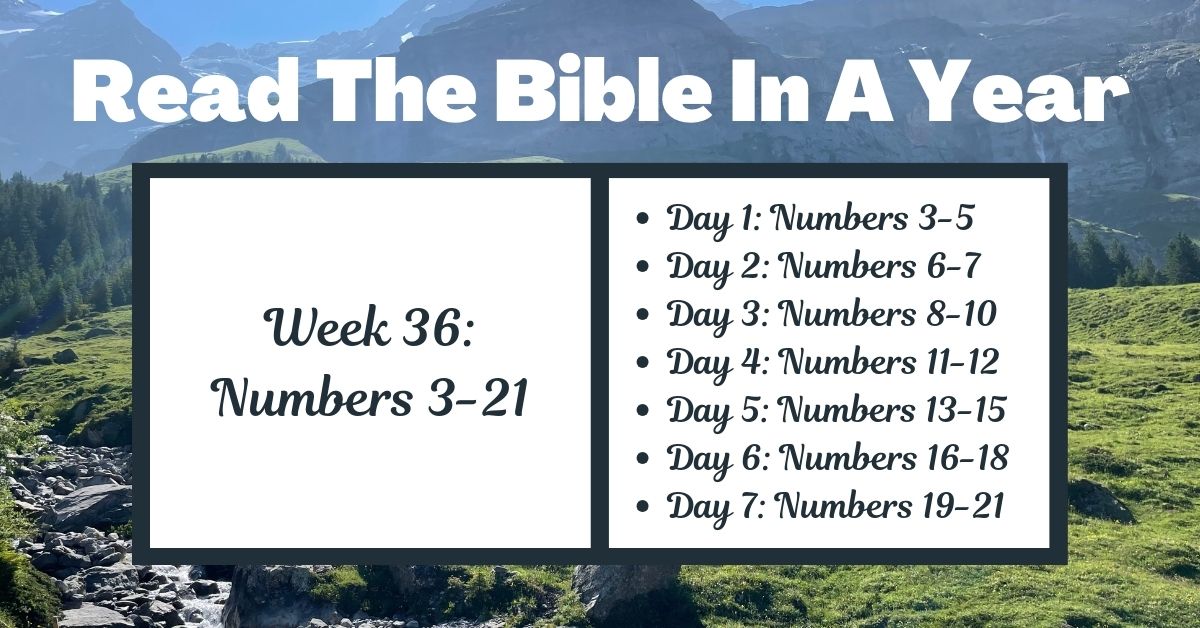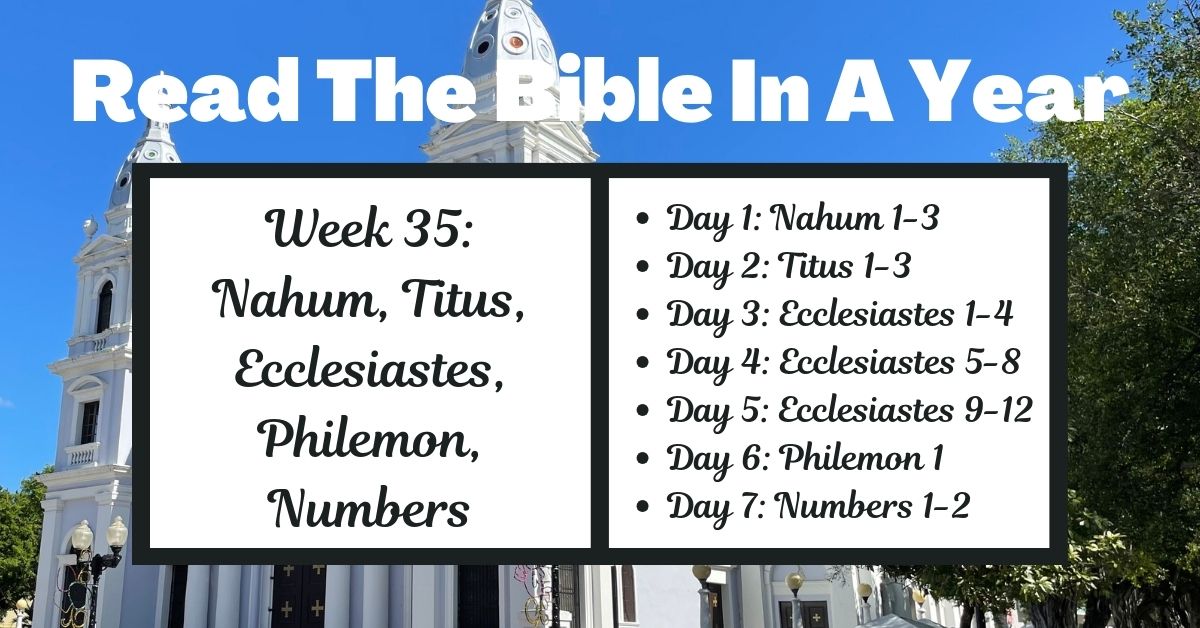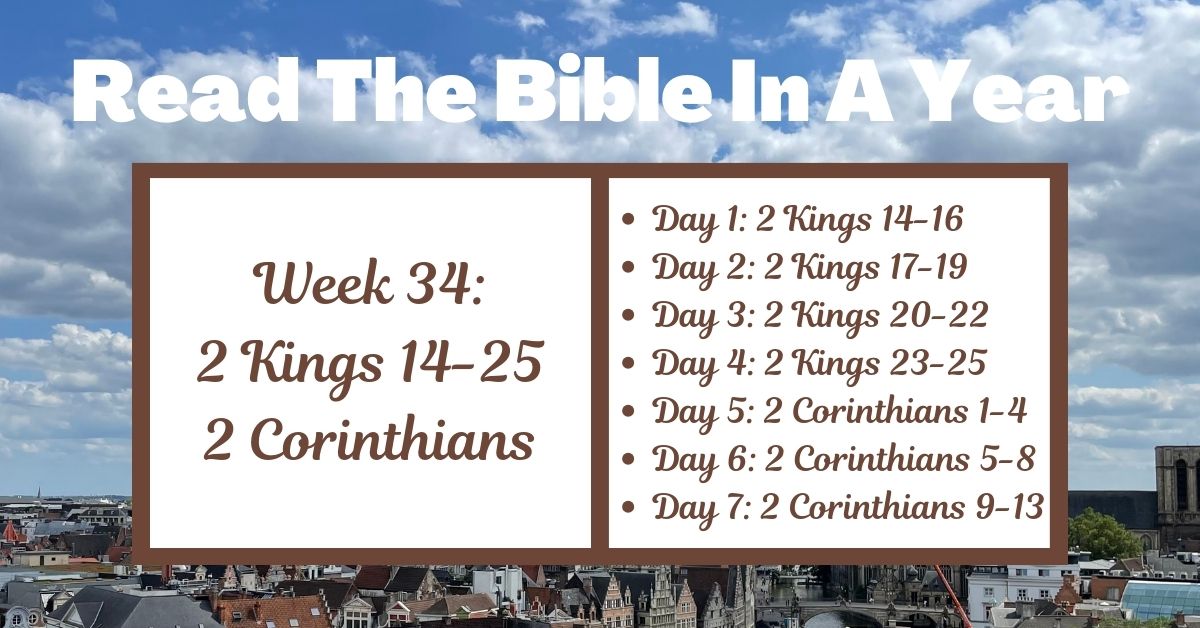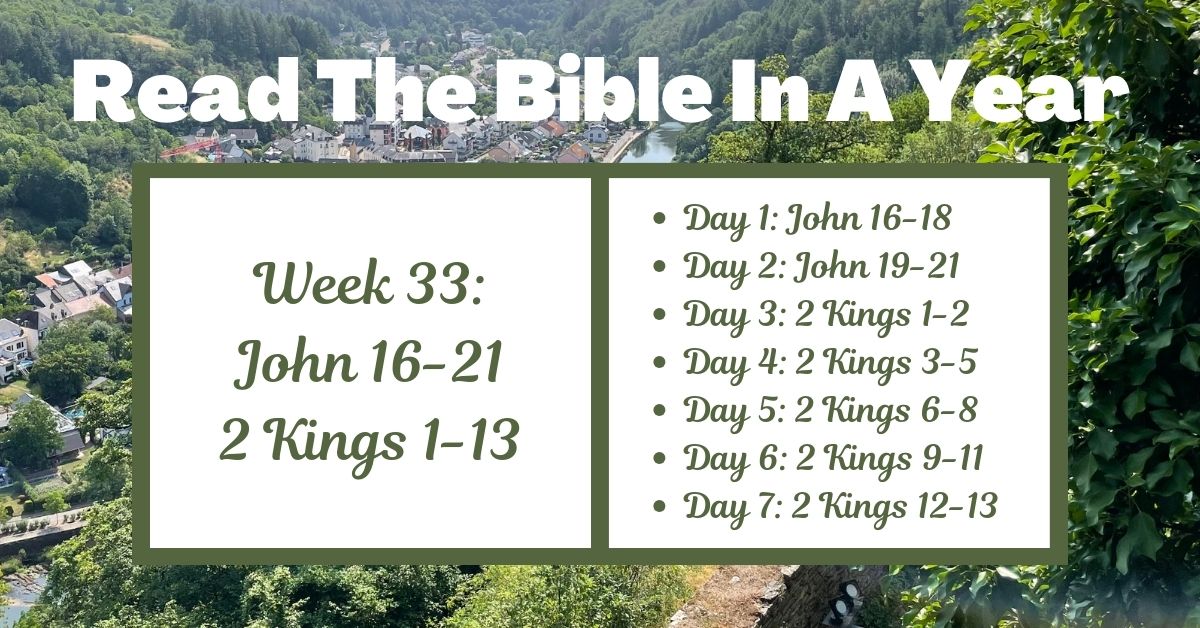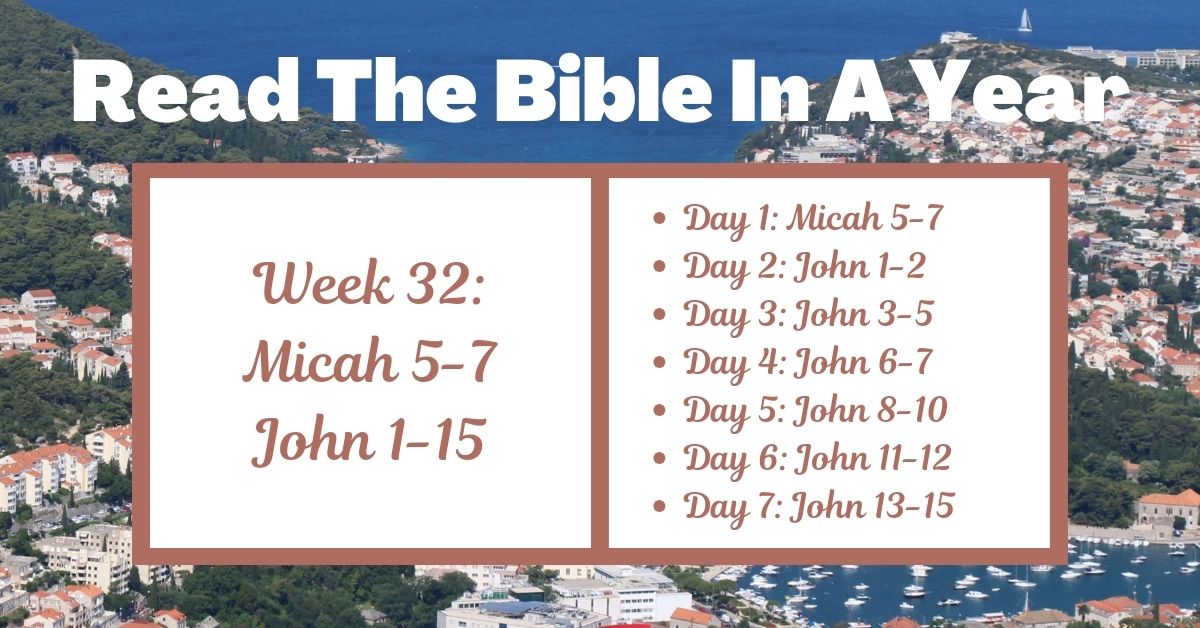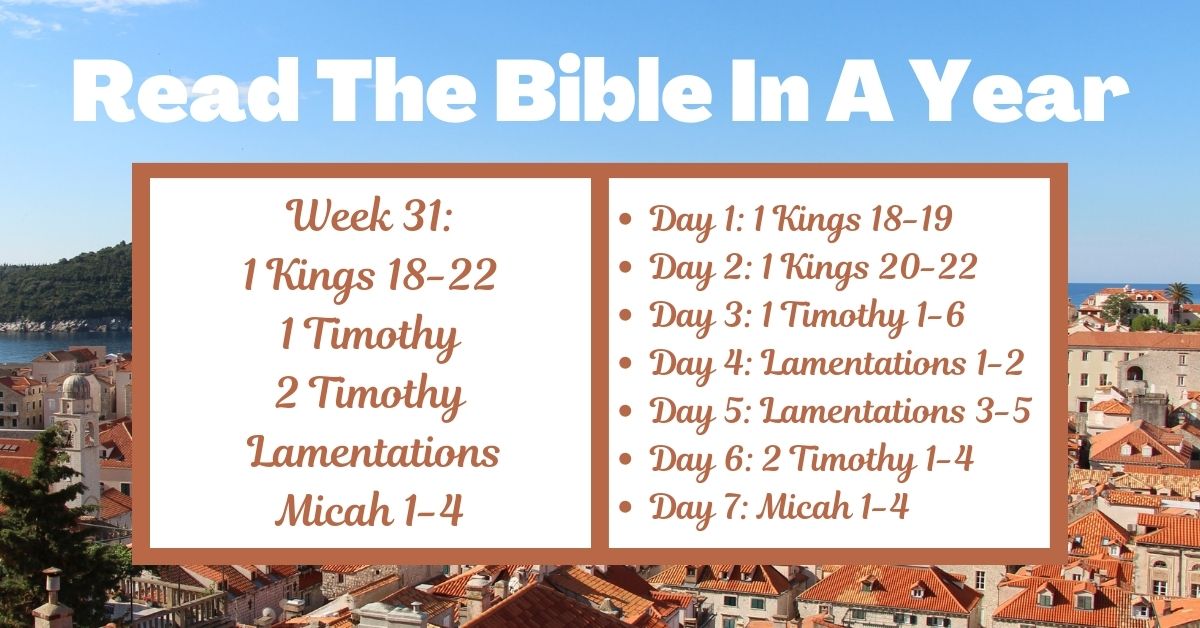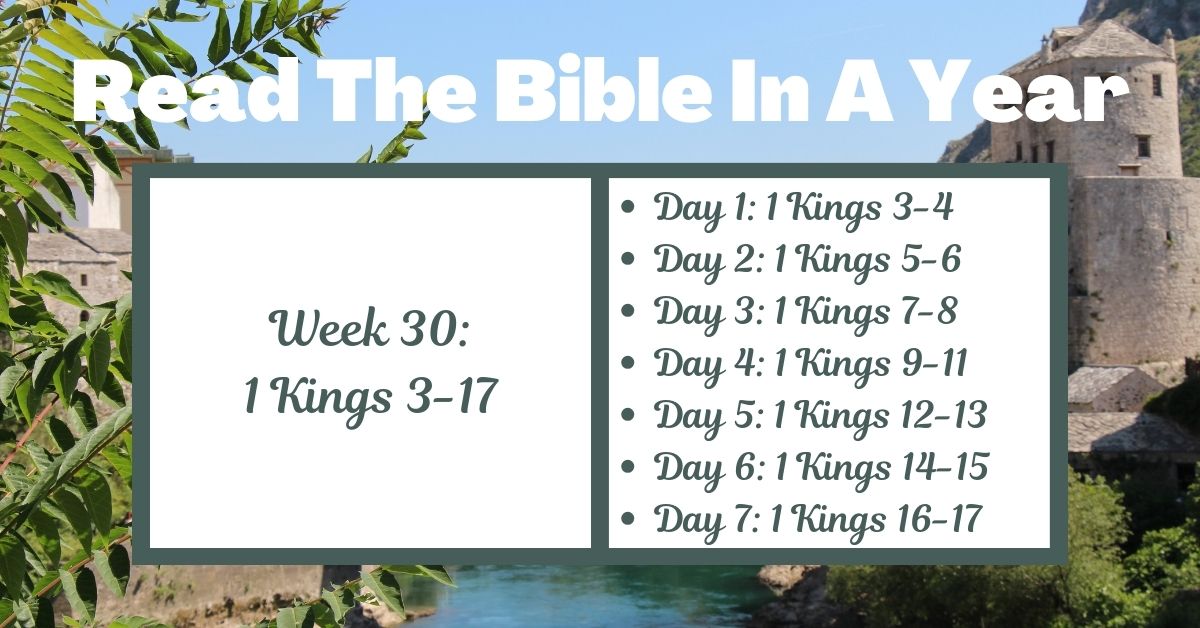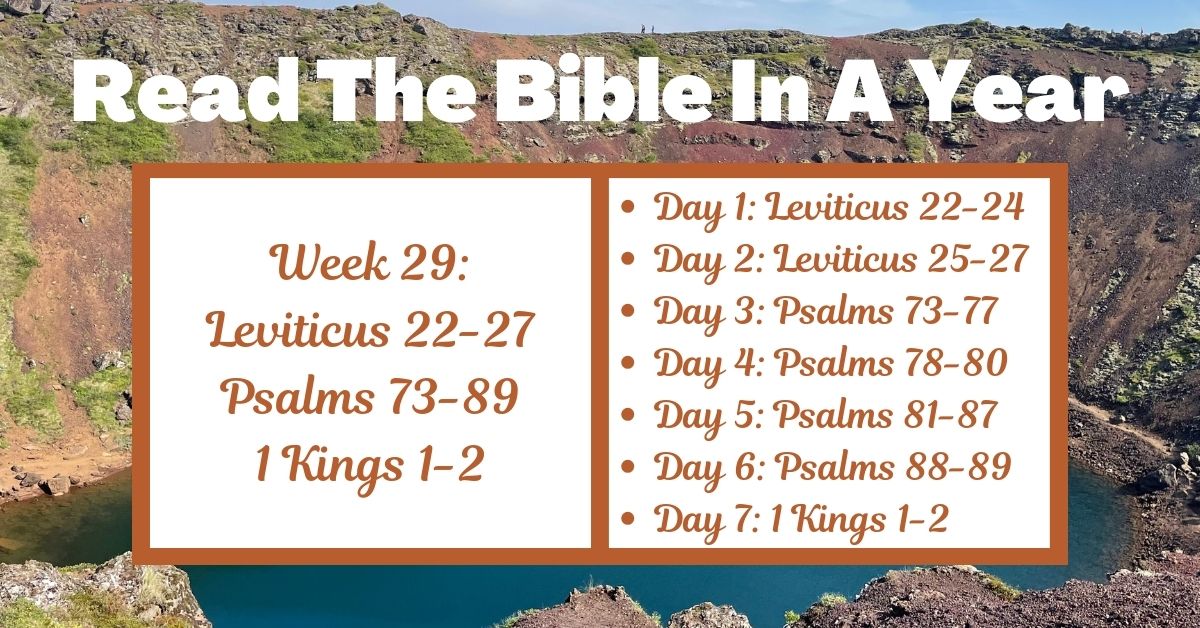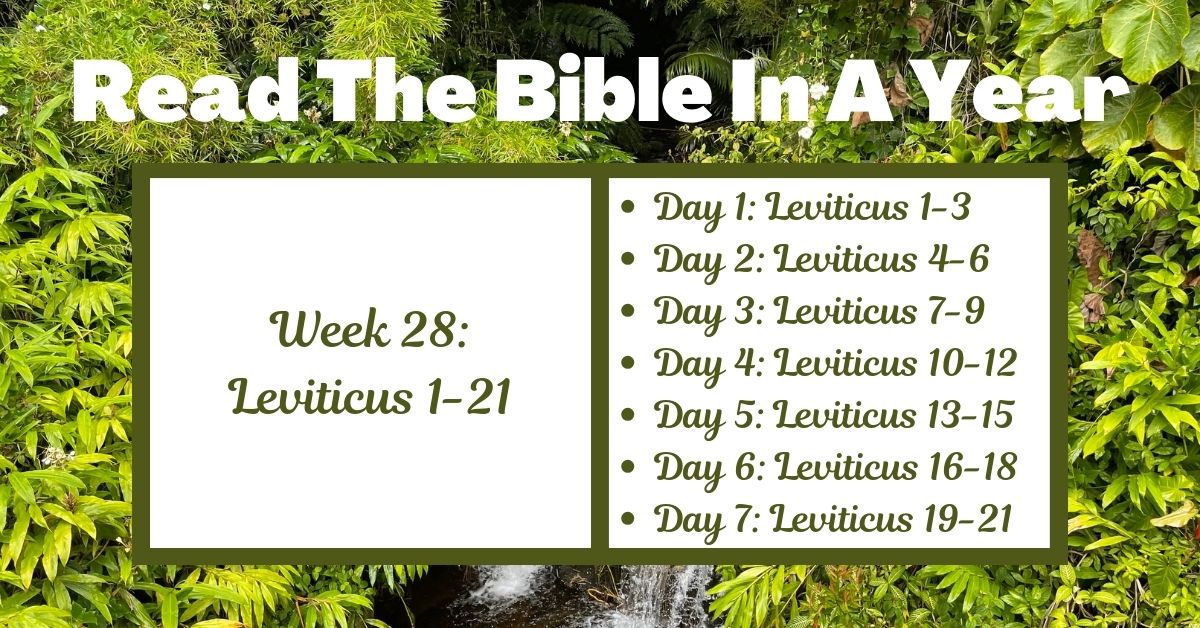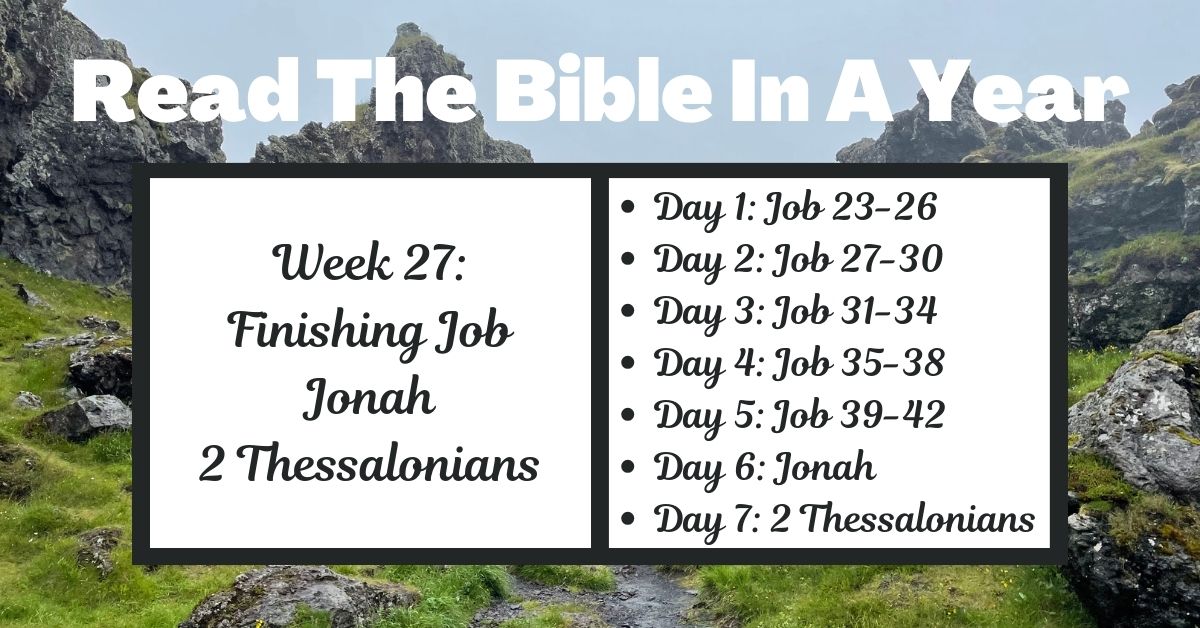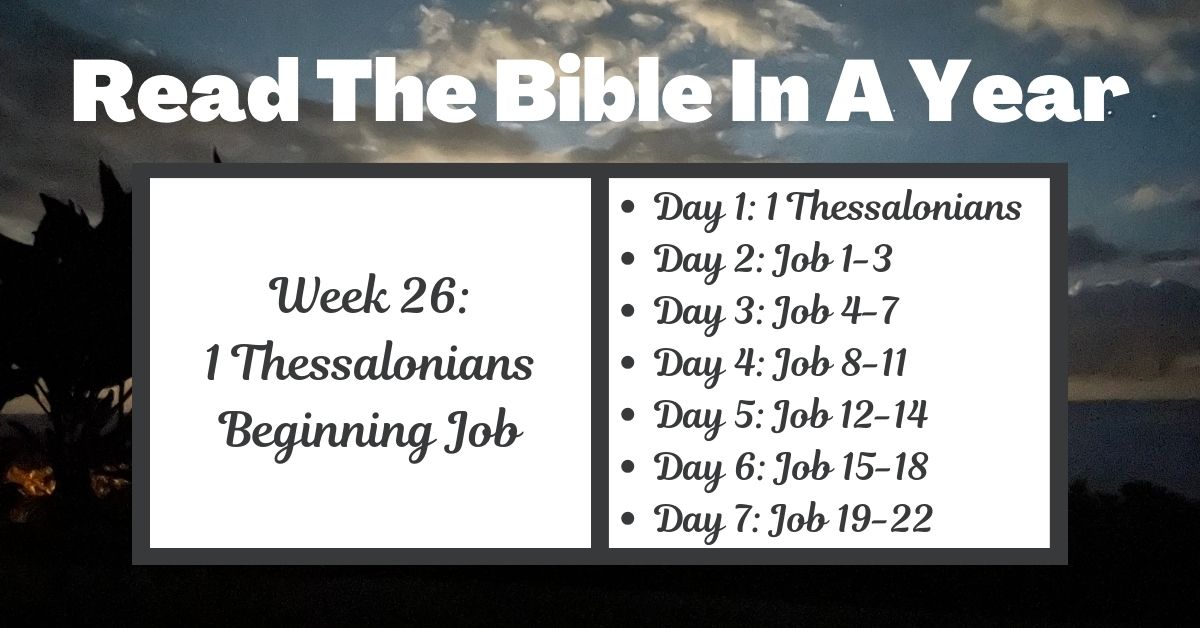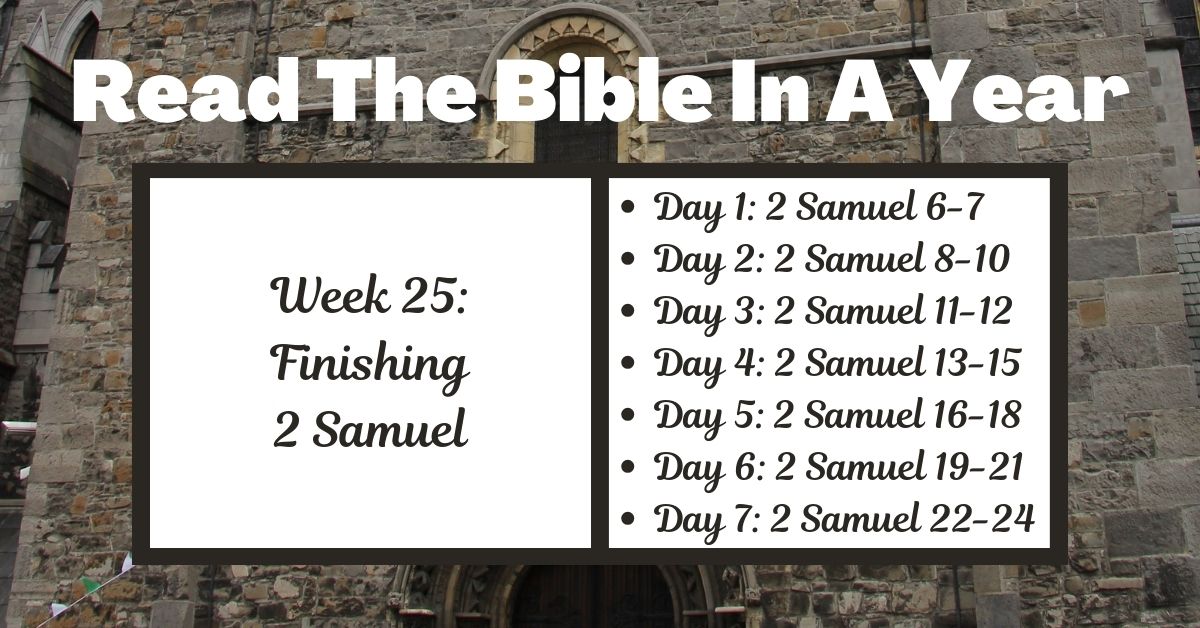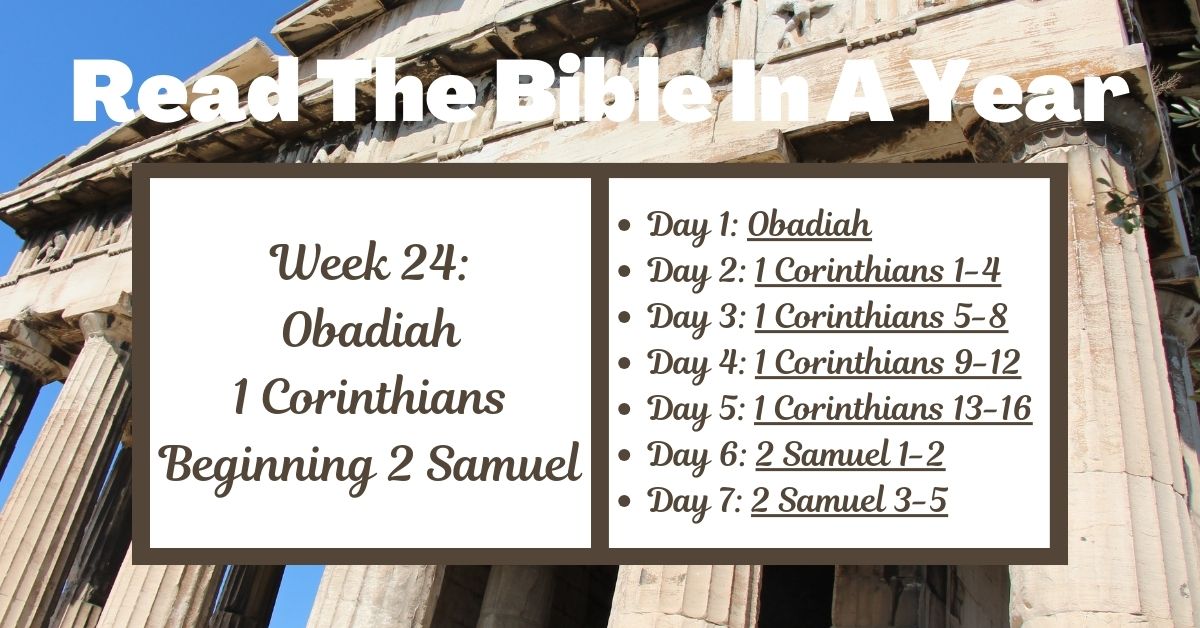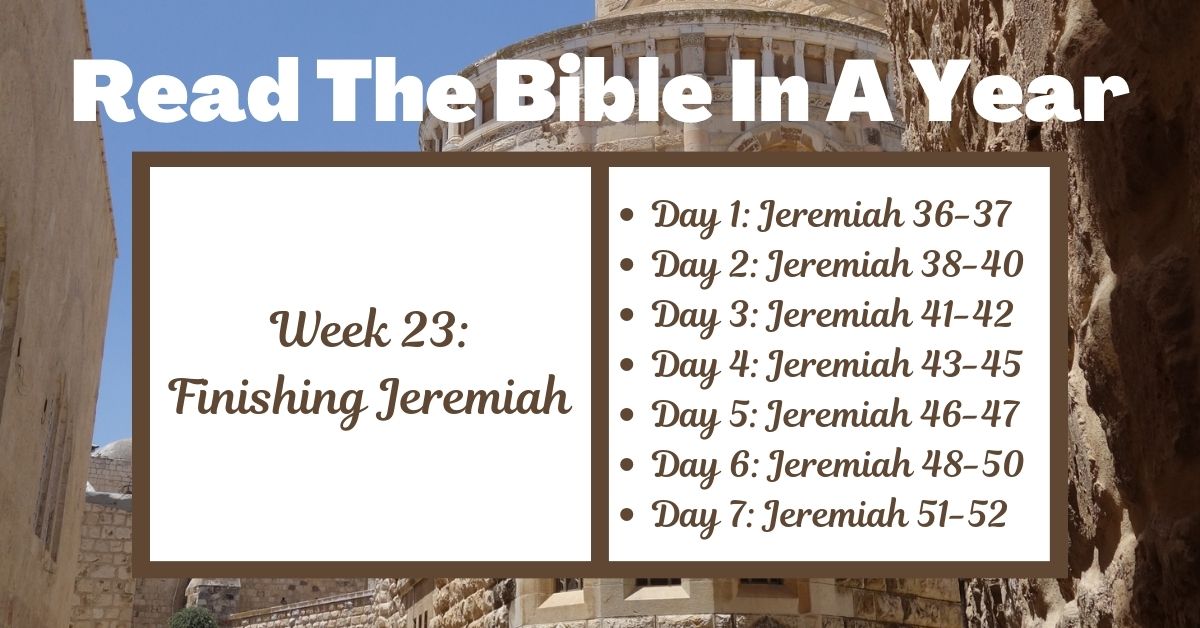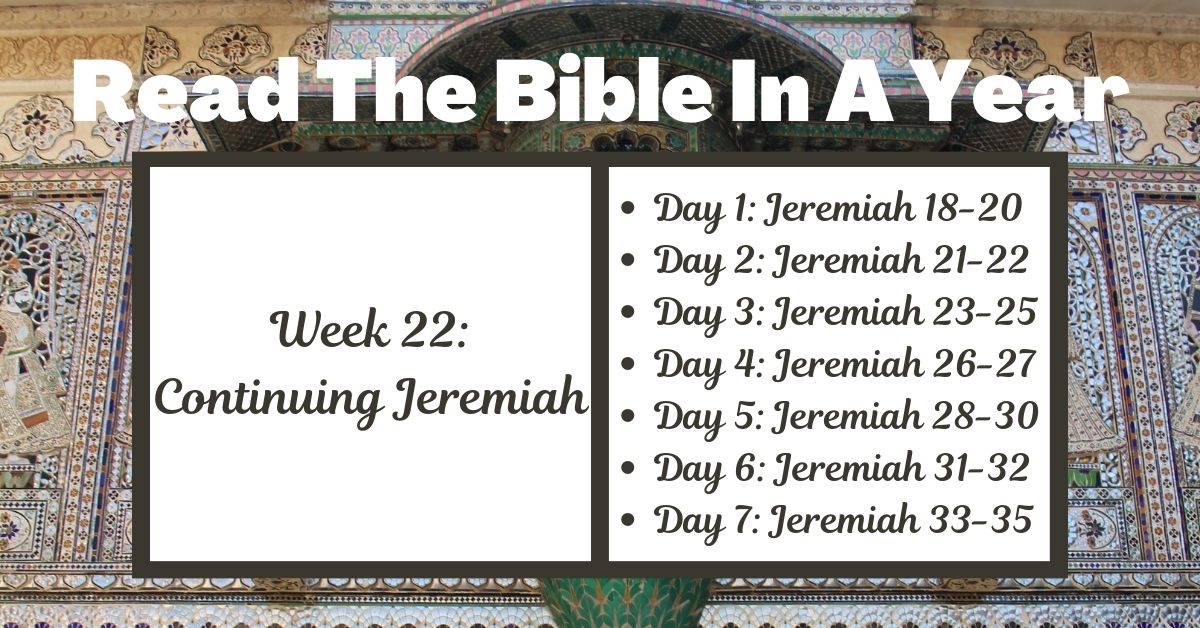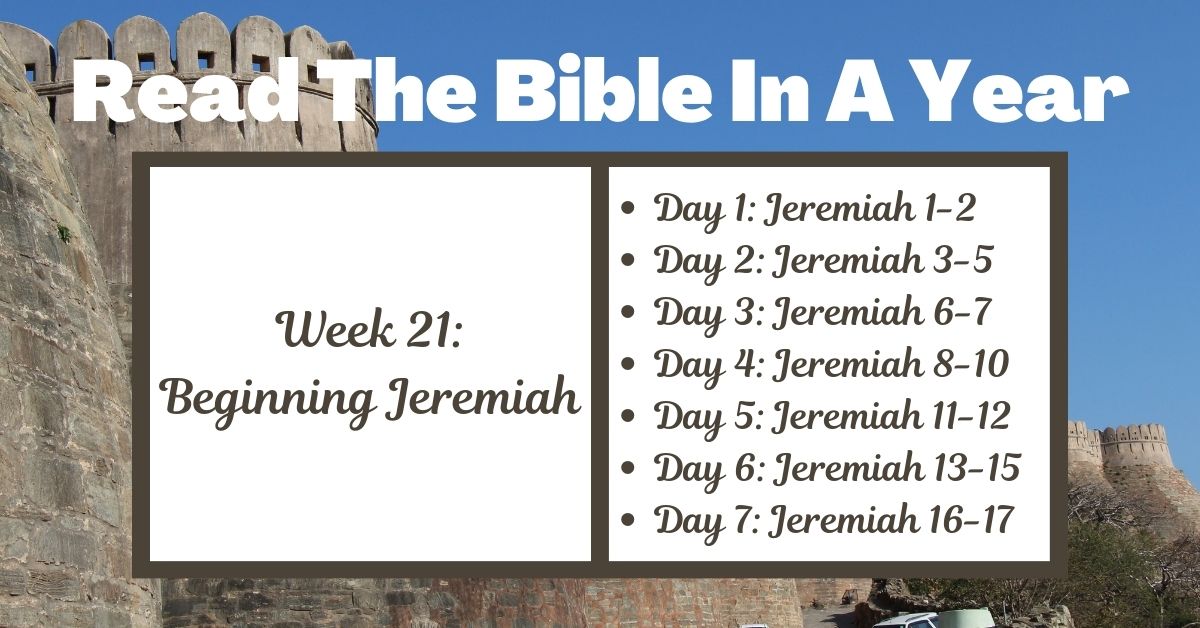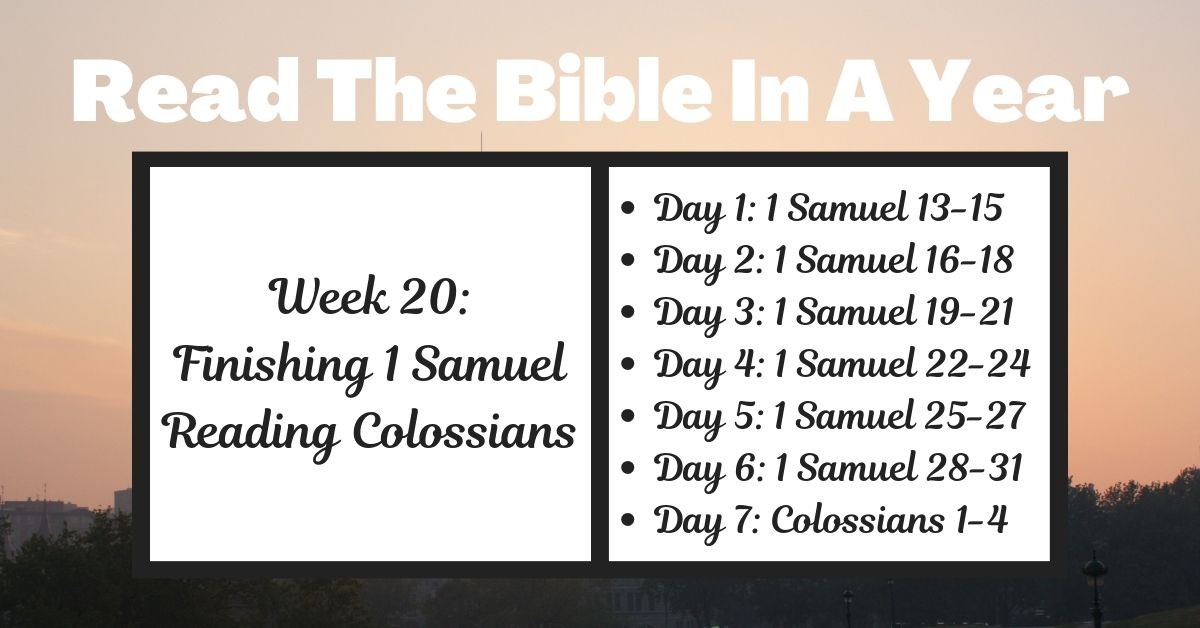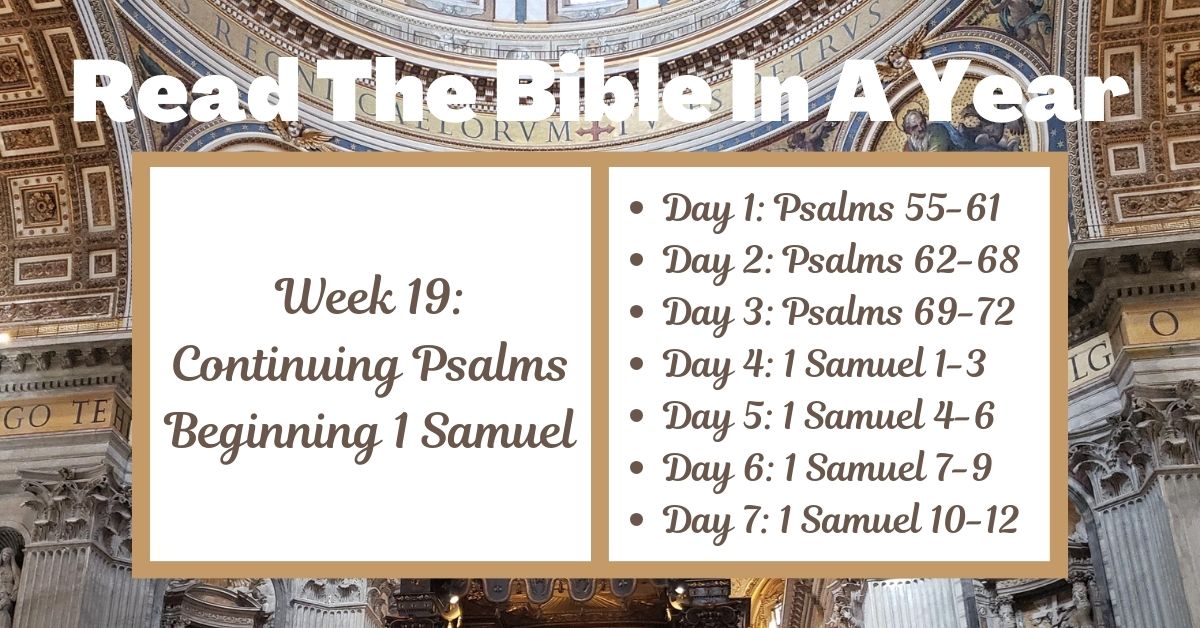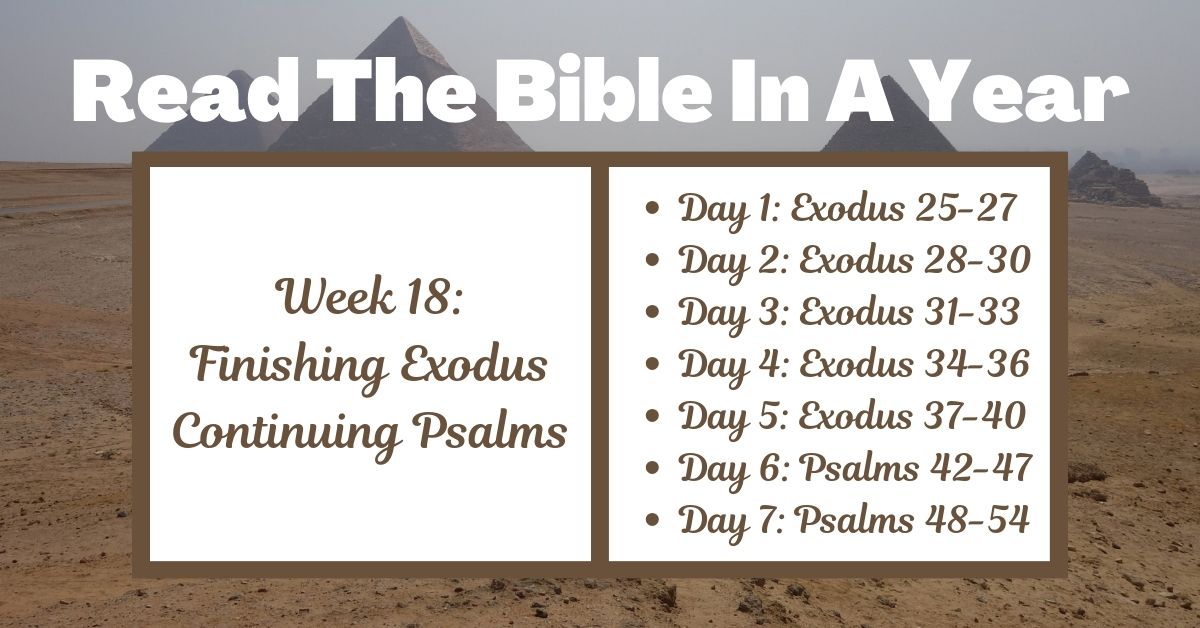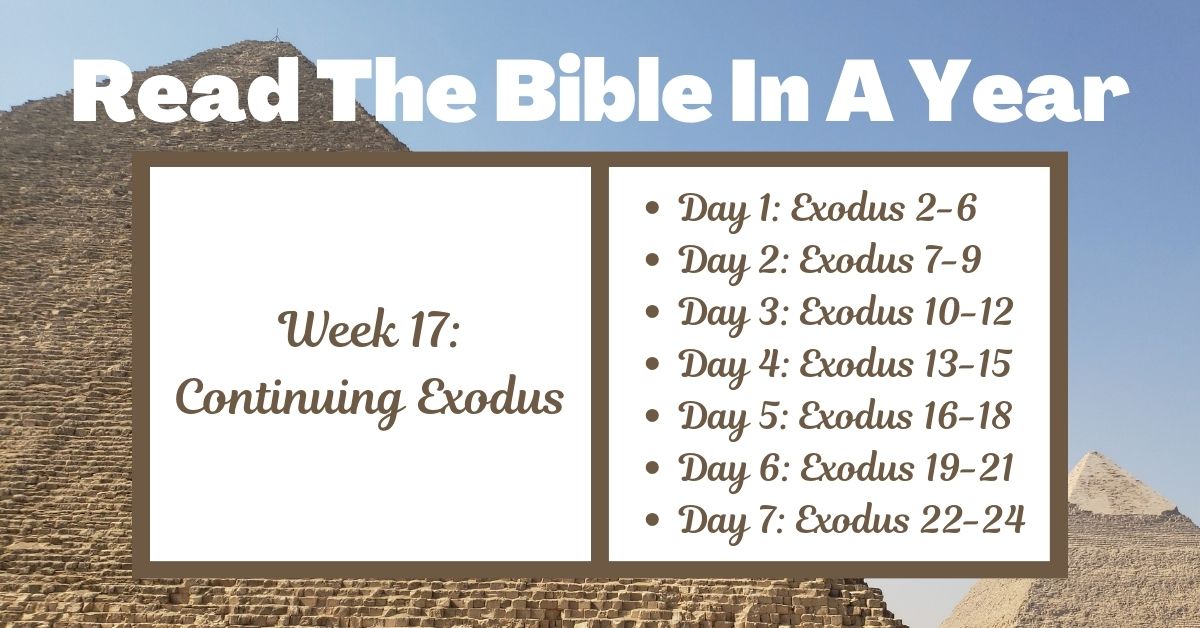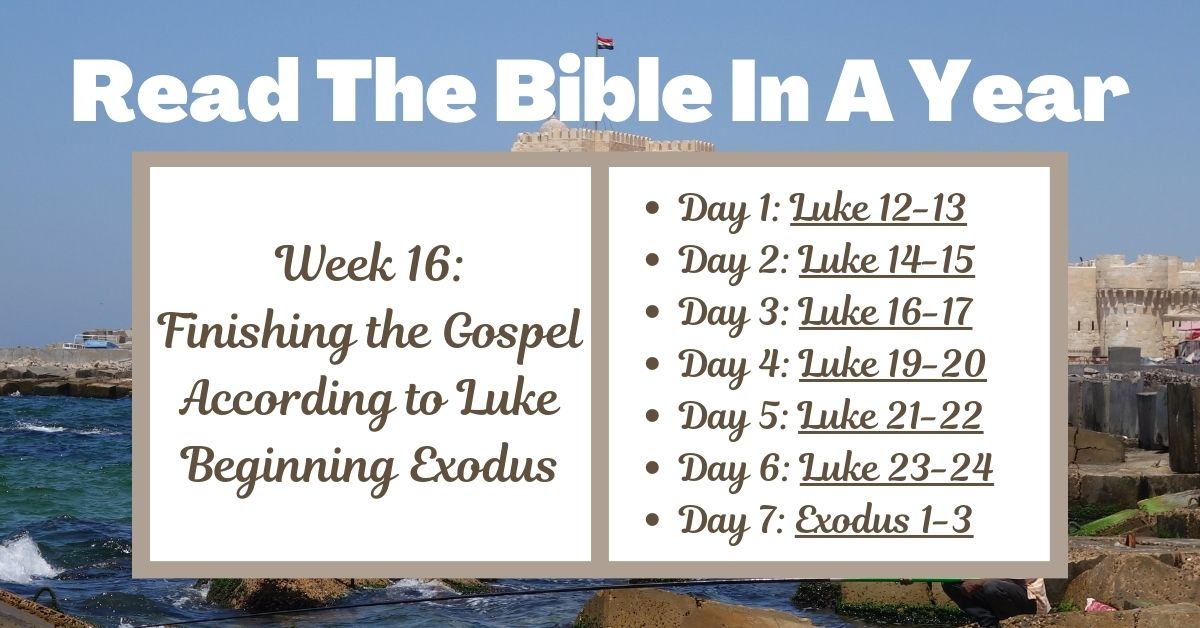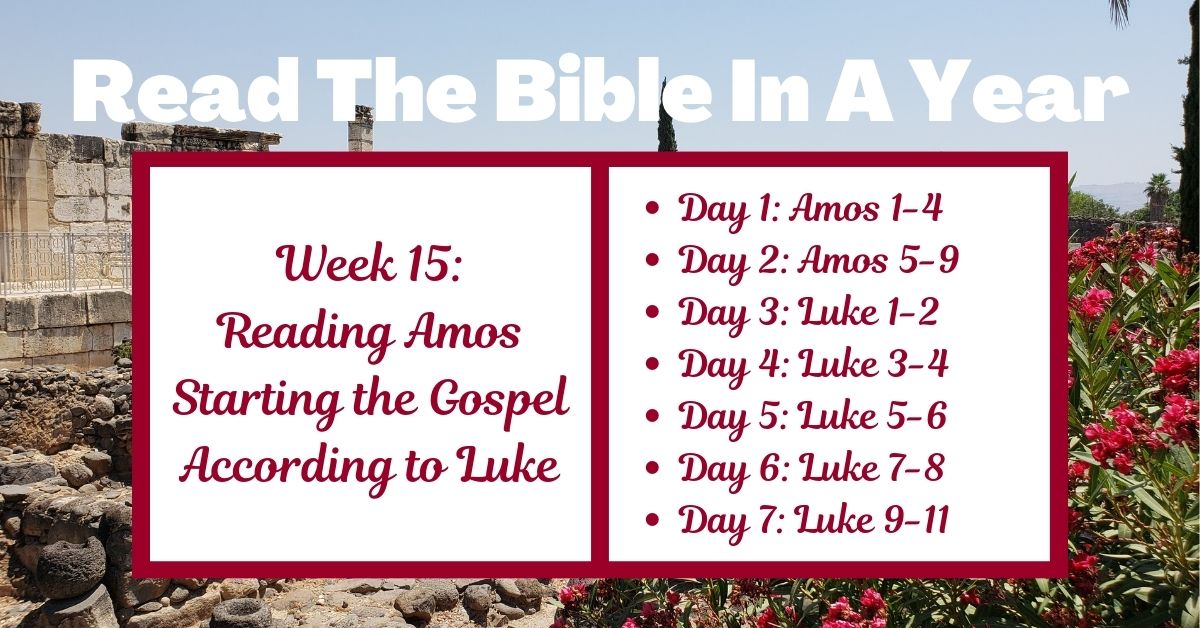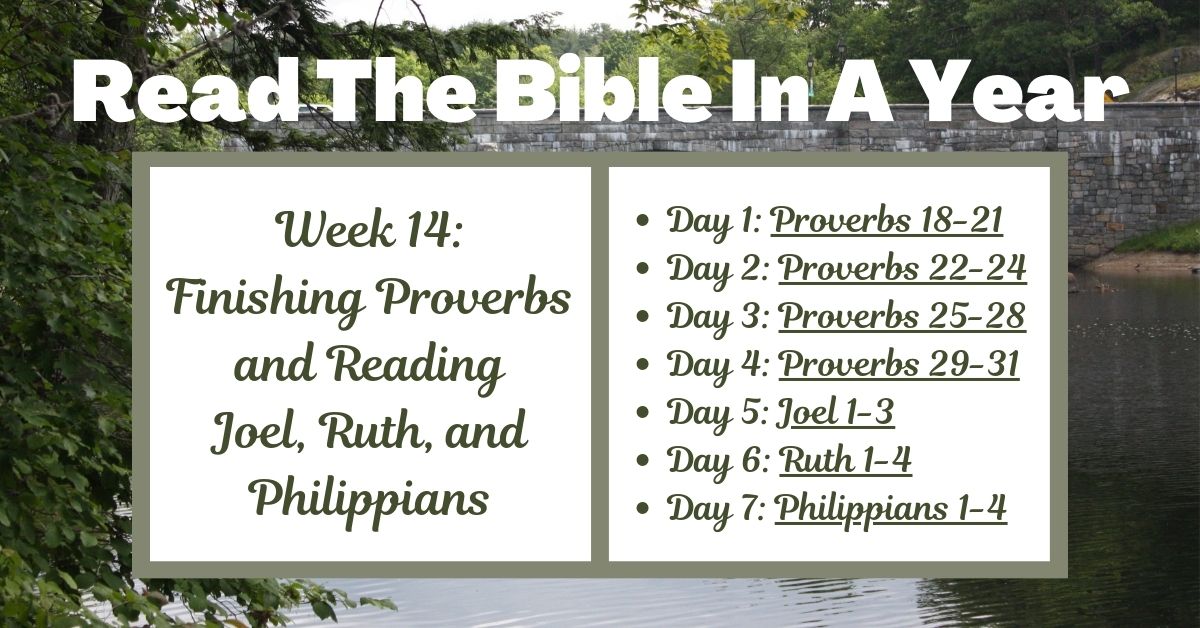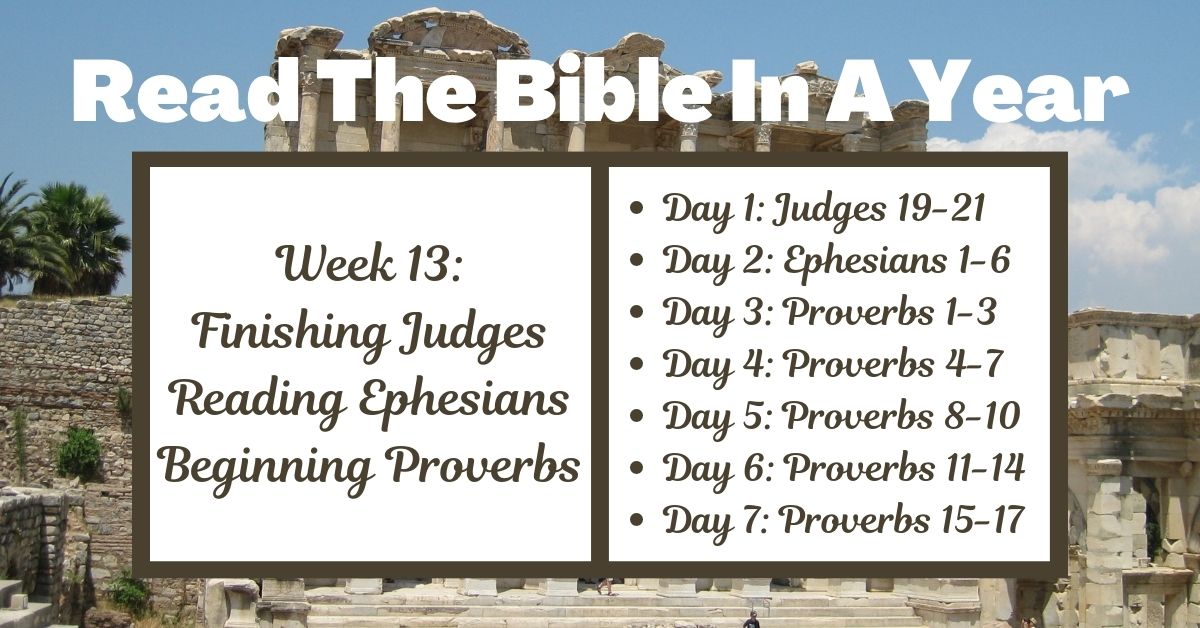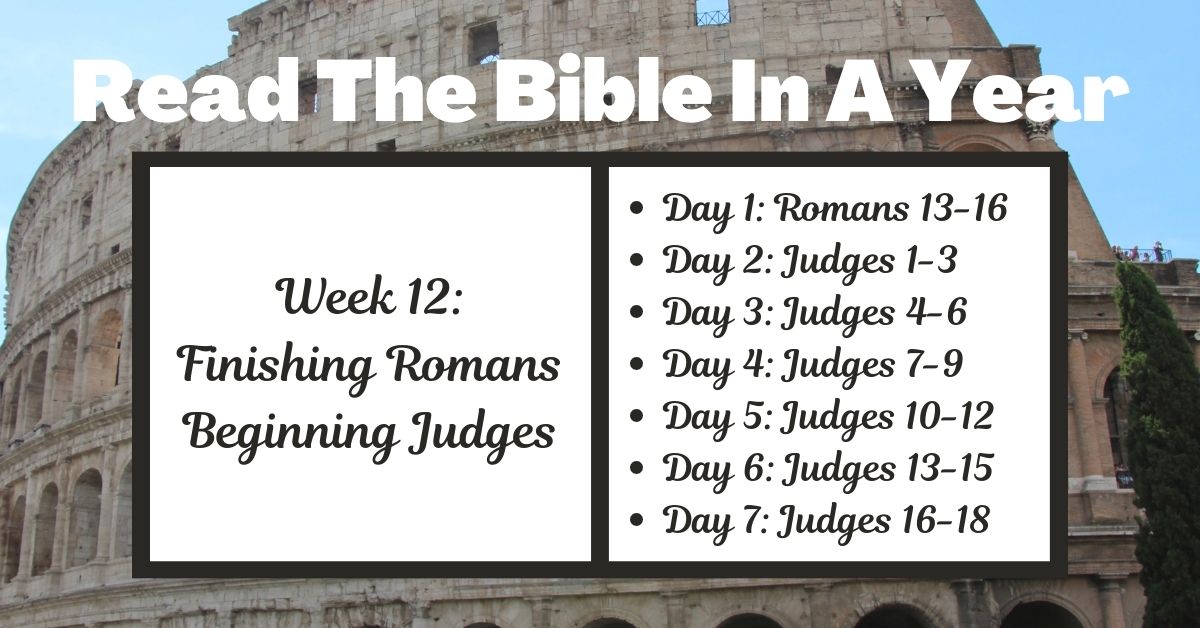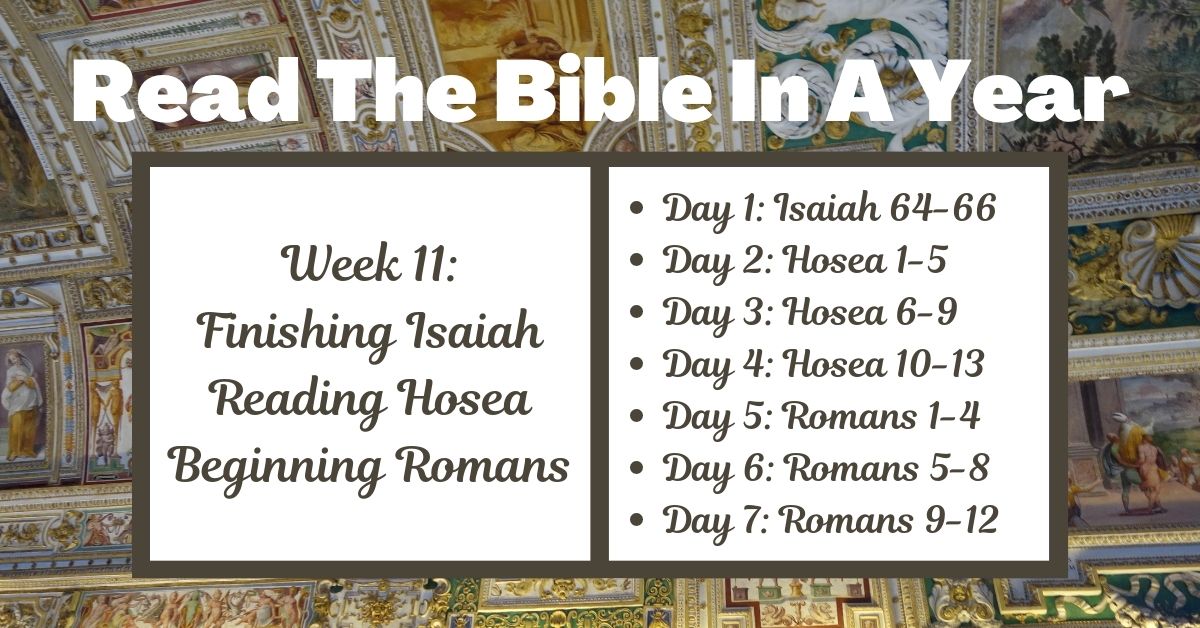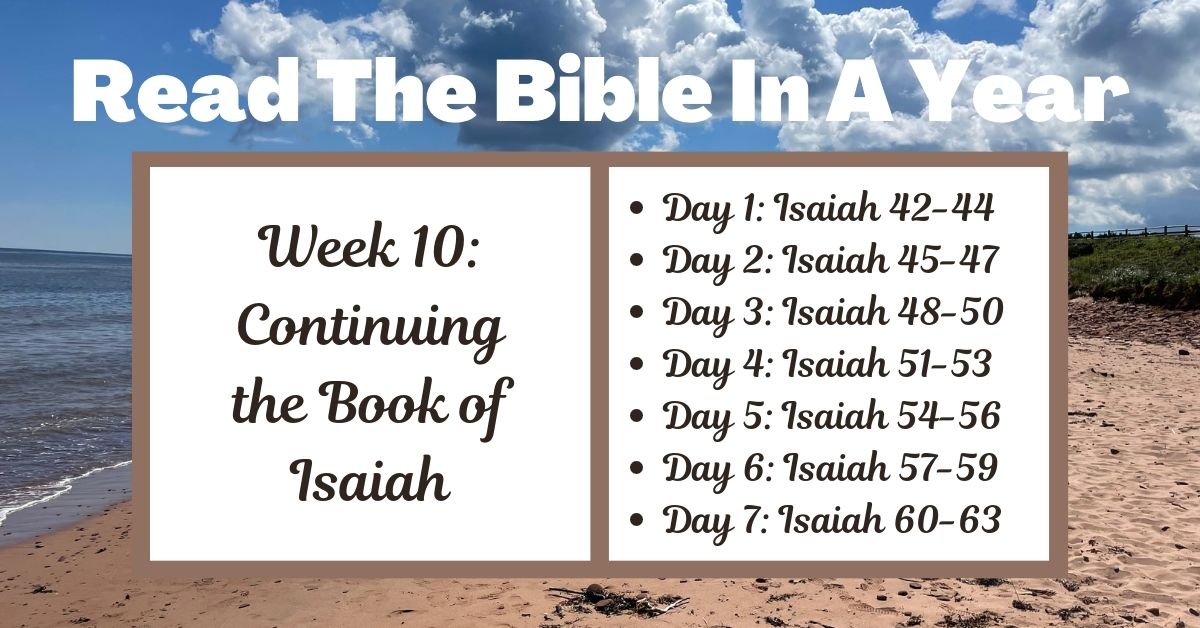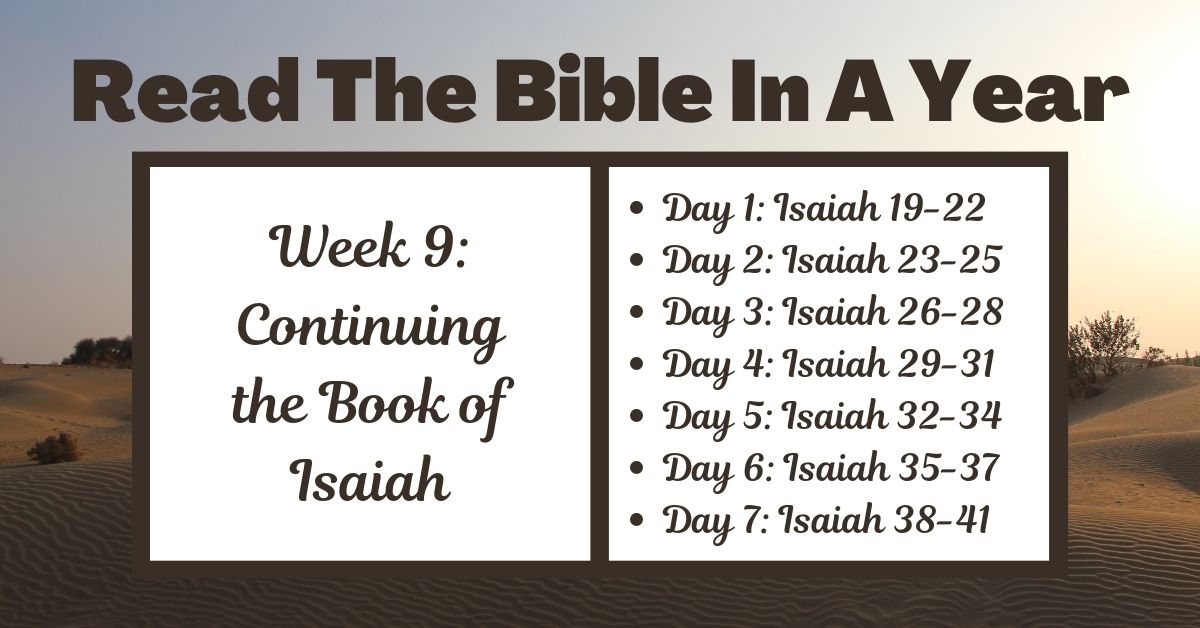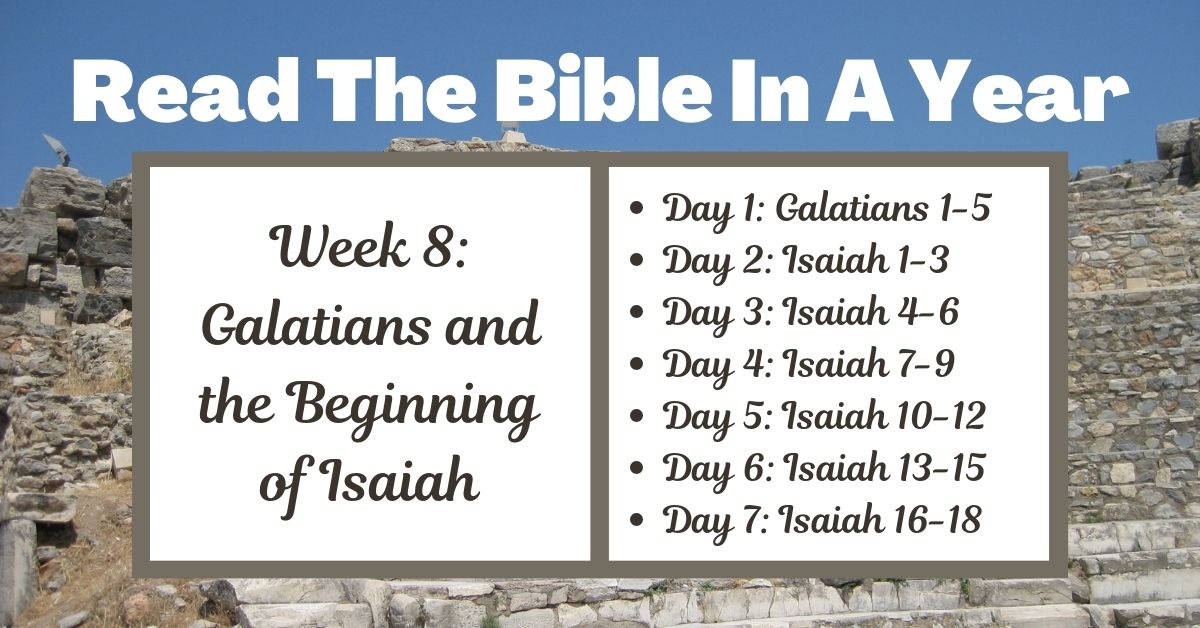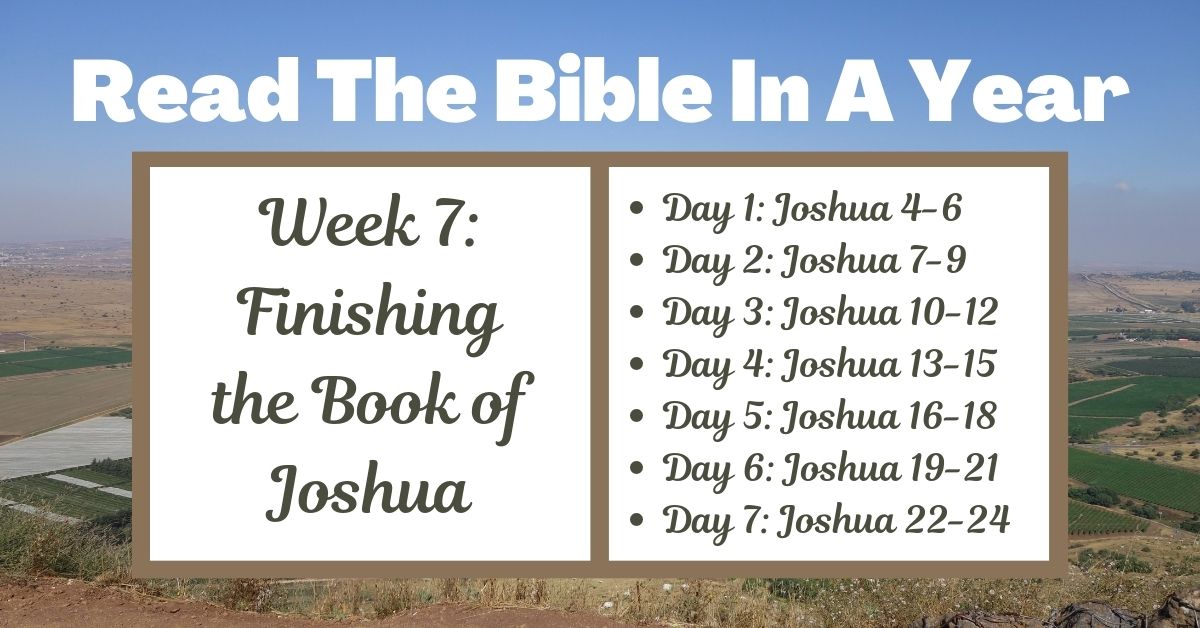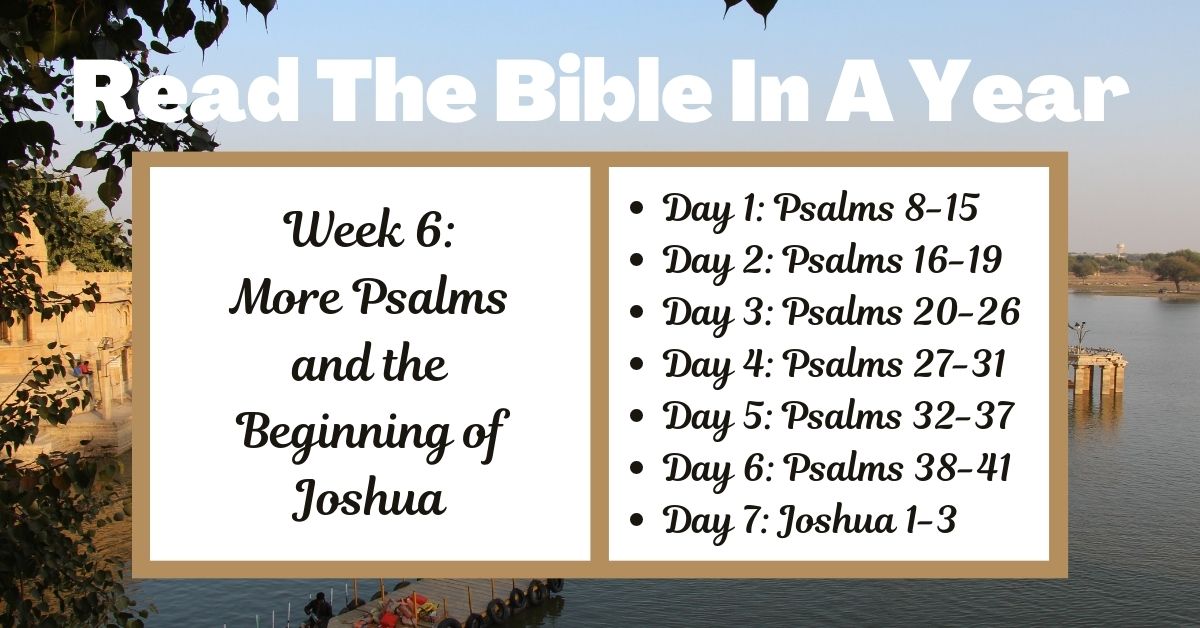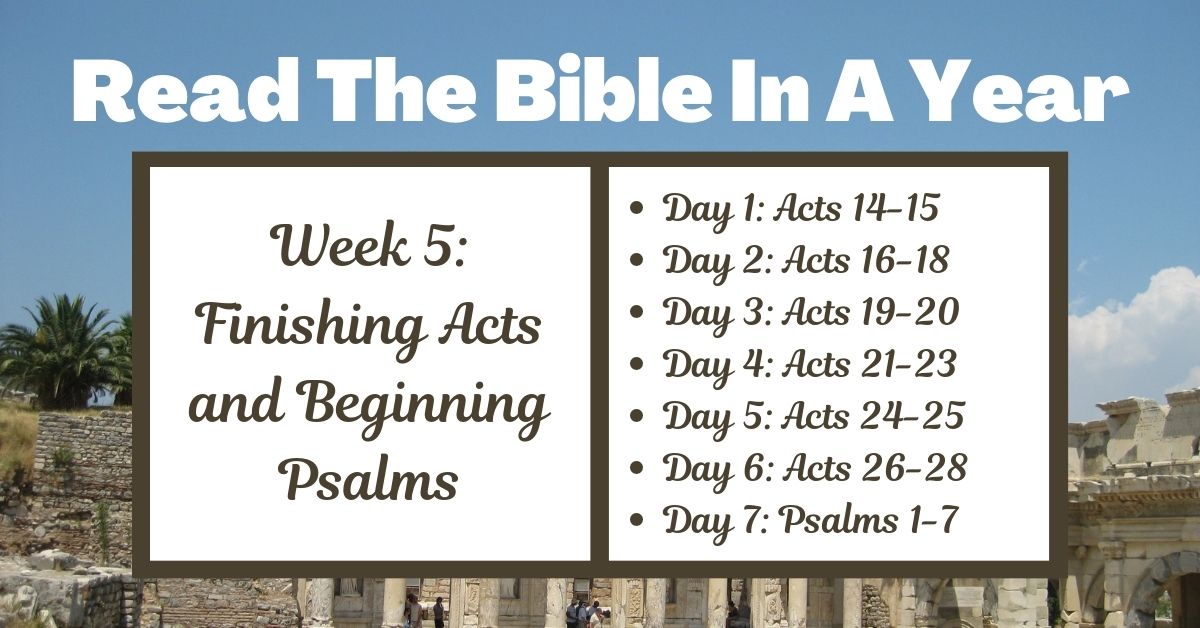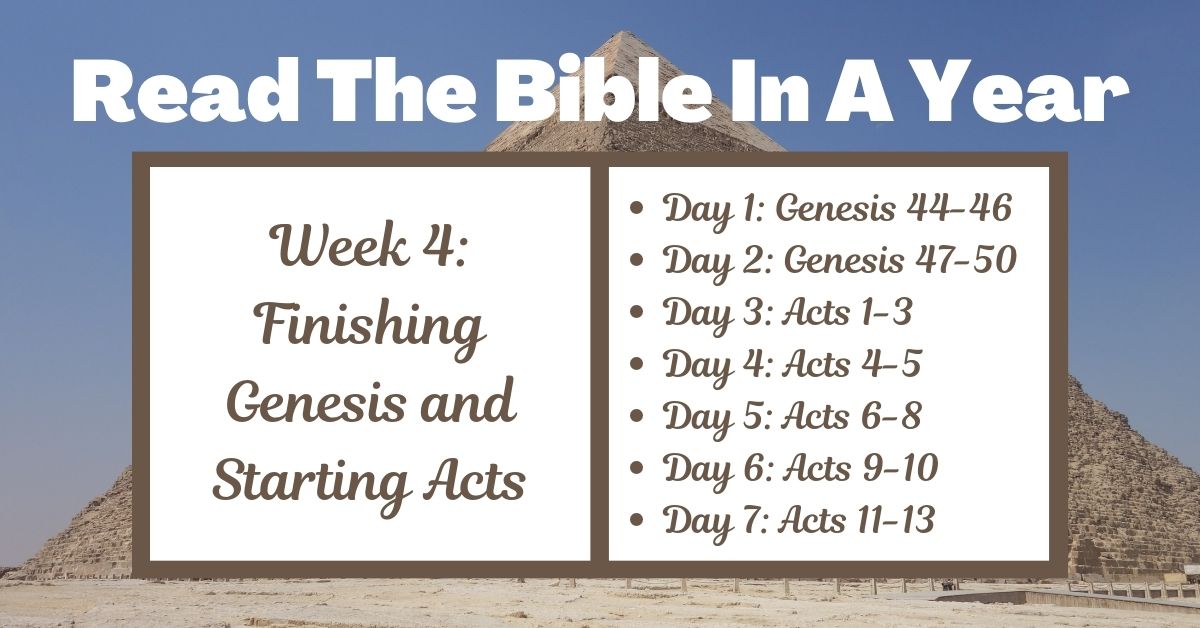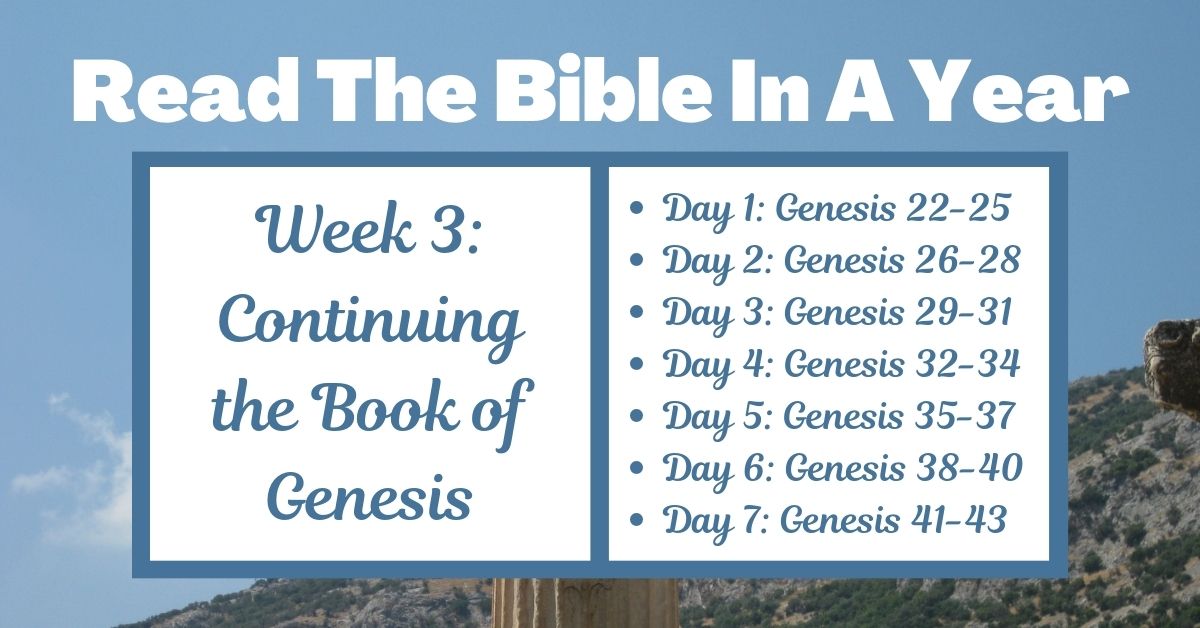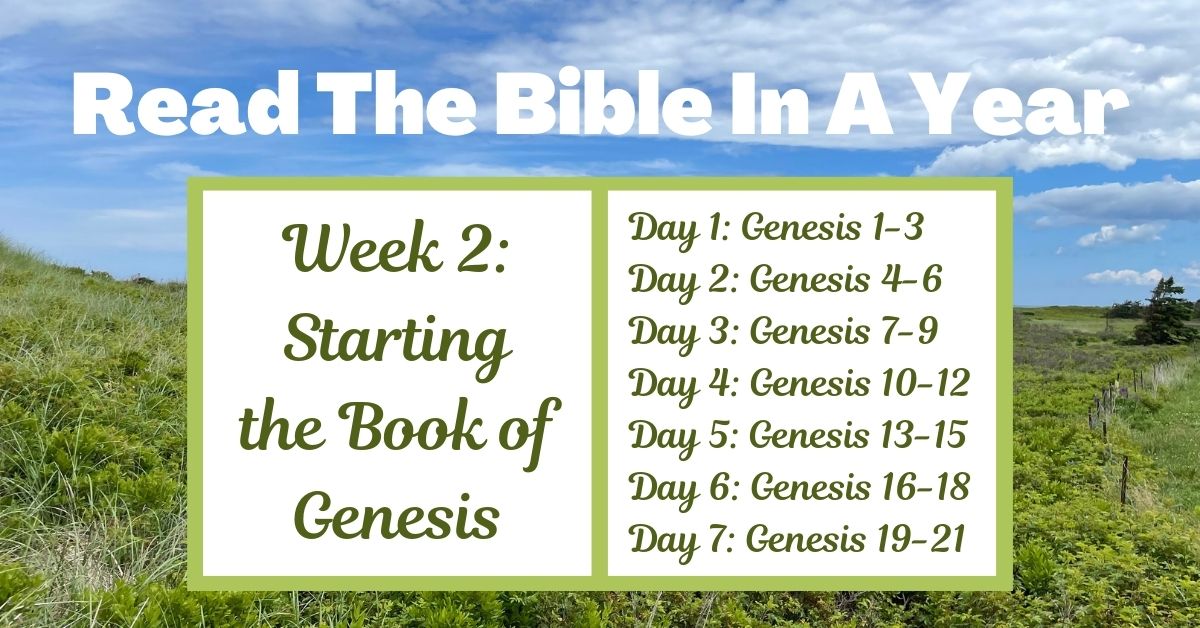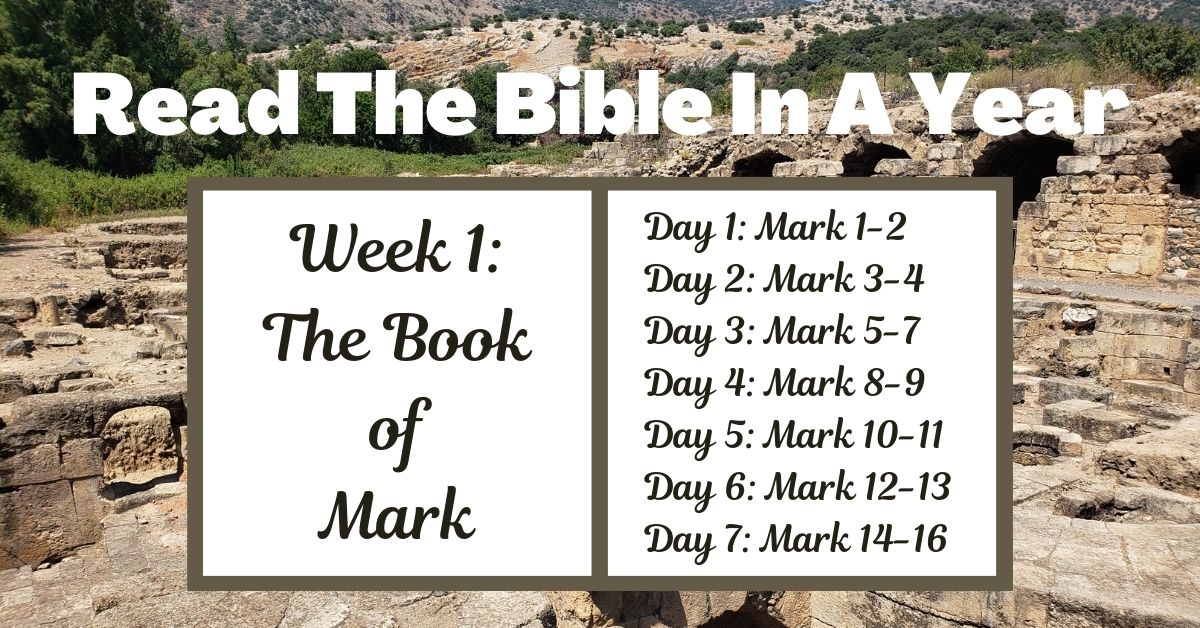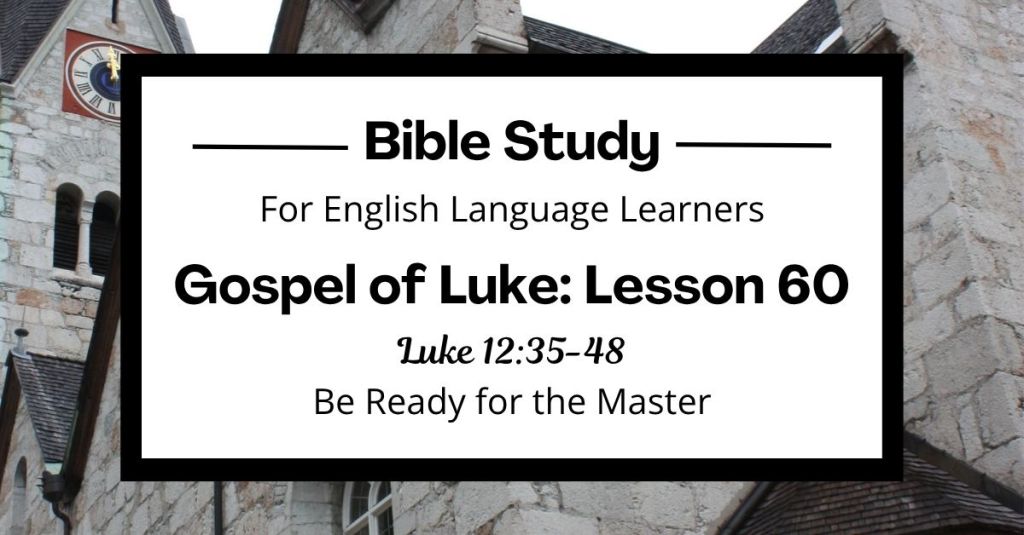In week 39 of our 1-year Bible reading journey, we will conclude the rich narrative of 1 Chronicles, delve into the practical teachings of James, and start a visionary journey with the prophet Ezekiel. Let’s explore the key insights and themes from these readings!
1 Chronicles 18-29
In 1 Chronicles 18-20, the narrative will vividly depict King David’s military prowess and territorial expansions. This will solidify his rule and expanding the boundaries of Israel, however, amidst these triumphs, chapter 21 will introduce a pivotal moment as David conducts a census against God’s will, leading to divine judgment. The consequences of this action will foreshadow the importance of humility and obedience even in times of success.
Transitioning to the latter chapters, the focus will shift to the meticulous preparations for building the temple in Jerusalem. Chapters 22-27 will detail David’s earnest efforts, gathering materials, organizing the Levites, and providing plans for the future place of worship. Chapter 28 will feature David’s charge to Solomon, entrusting him with the divine task of constructing the temple. In chapter 29, David will offer a heartfelt prayer that acknowledges God’s sovereignty, expresses gratitude, and relinquishes the kingdom to Solomon. These chapters will collectively highlight David’s dedication to centralized worship and the establishment of a lasting legacy.
After you have completed this reading, consider these reflection questions:
- Reflect on David’s military triumphs in chapters 18-20. How does the portrayal of his victories contribute to the narrative of Israel’s history?
- Consider the consequences of David’s census in chapter 21. What does this reveal about the themes of humility and obedience in the midst of success?
- Explore the detailed preparations for the temple in Jerusalem in chapters 22-27. How does David’s dedication to centralized worship impact your understanding of his legacy?
- In chapter 29, David offers a heartfelt prayer. What elements of this prayer resonate with you, and how does it encapsulate the essence of gratitude and relinquishment?
James
The Book of James, a concise yet profound letter in the New Testament, is often regarded as a practical guide to Christian living. Written by James, the brother of Jesus, this epistle addresses a range of themes including faith, wisdom, trials, and the relationship between faith and works.
In chapter 1, James opens with a call to consider trials as opportunities for growth, emphasizing the importance of enduring challenges with faith. He delves into the concept of wisdom and highlights the need for genuine faith to be accompanied by righteous living. Chapter 2 addresses the harmony between faith and deeds, stressing that a living faith is demonstrated through good works. In chapters 3-4, James discusses the power of the tongue, the dangers of favoritism, and the significance of submitting to God. The letter concludes in chapter 5 with practical advice on prayer, patience, and the care of those in need. James urges believers to be patient in the face of suffering, to confess sins, and to engage in fervent prayer. The final chapter emphasizes the effectiveness of righteous living, portraying it as a source of healing and restoration within the Christian community. Throughout the book, James imparts timeless wisdom, urging believers to embody their faith through practical actions and sincere devotion to God.
After you have completed this reading, consider these reflection questions:
- James emphasizes enduring trials with faith in chapter 1. How can challenges be viewed as opportunities for growth in your own life?
- Consider the relationship between faith and deeds in chapter 2. How does James’ perspective on a living faith align with your understanding of Christian living?
- Reflect on the power of the tongue discussed in chapters 3-4. How can one exercise wisdom and avoid the pitfalls of harmful speech in daily interactions?
- In chapter 5, James provides practical advice on prayer, patience, and care for others. How can these principles be applied to foster healing and restoration in your Christian community?
Ezekiel 1-6
In the Book of Ezekiel, we will step into the heart of the Babylonian exile, a tumultuous period shaping the prophetic ministry of Ezekiel. Chosen as a visionary prophet, Ezekiel’s revelations will unfold against the backdrop of divine encounters and profound symbolism. Stationed in Babylon, Ezekiel’s ministry will center on the repercussions of Israel’s disobedience, the impending judgment on Jerusalem, and the hope of restoration for the faithful remnant.
The journey will begin in chapter 1 with a vision of God’s glory, portrayed through powerful imagery, laying the foundation for a prophetic narrative that will delve into the complexities of exile and divine communication. Chapters 2-3 will reveal Ezekiel’s divine commission as a watchman for Israel, concluding with the symbolic act of consuming a scroll, internalizing God’s words. Symbolic acts will continue in chapters 4-5, depicting the siege of Jerusalem and the impending judgment due to Israel’s rebellion. Chapter 6 will narrow the focus to the condemnation of idolatrous practices and foretell the desolation of sacred sites. These initial chapters will provide a grounded introduction to Ezekiel’s ministry, exploring themes of judgment and restoration amidst the challenges of exile.
After you have completed this reading, consider these reflection questions:
- Contemplate Ezekiel’s vision of God’s glory in chapter 1. How does this portrayal set the tone for the prophetic narrative, and what insights does it offer about divine encounters?
- Explore Ezekiel’s role as a watchman in chapters 2-3. How does his commission resonate with the themes of responsibility and accountability for God’s message?
- Consider the symbolic acts depicting the siege of Jerusalem in chapters 4-5. How do these visuals contribute to conveying the gravity of Israel’s rebellion and the impending judgment?
- In chapter 6, focus on the condemnation of idolatrous practices. How does this chapter foreshadow the themes of desolation and restoration in the context of exile?
Flexible Plan: Reading for Week 39
If you are following the flexible plan for reading the Bible in a year, here is your reading assignment. You can break up the reading however you like throughout the week!
- Passage 1: 1 Chonicles 18-29
- Passage 2: James 1-5
- Passage 3: Ezekiel 1-6
Printable Resource: Bible in a Year Reading Plan: Weekly Assignments
7-Day Reading Assignment: Week 39
For those who prefer a more organized approach, the weekly assignment can be broken into seven sections:
- Day 1: 1 Chronicles 18-20
- Day 2: 1 Chronicles 21-23
- Day 3: 1 Chronicles 24-26
- Day 4: 1 Chronicles 27-29
- Day 5: James 1-5
- Day 6: Ezekiel 1-3
- Day 7: Ezekiel 4-6
Printable Resource: Bible in a Year Reading Plan: Daily Assignments
5-Day Reading Assignment: Week 39
Or if you know that you are likely to miss a day or two of reading, the weekly assignment can be broken into five sections:
- Day 1: 1 Chronicles 18-22
- Day 2: 1 Chronicles 23-26
- Day 3: 1 Chronicles 27-29
- Day 4: James 1-5
- Day 5: Ezekiel 1-6
Printable Resource: Bible in a Year Reading Plan: 5 Days/Week Assignments
Subscribe
If you enjoyed this post and wish to receive more Christian content, feel free to subscribe to my newsletters!
Related Resources
Visit the Joyful Moments in Christ homepage for all posts, or scroll through other blog posts related to reading the Bible in a year:
